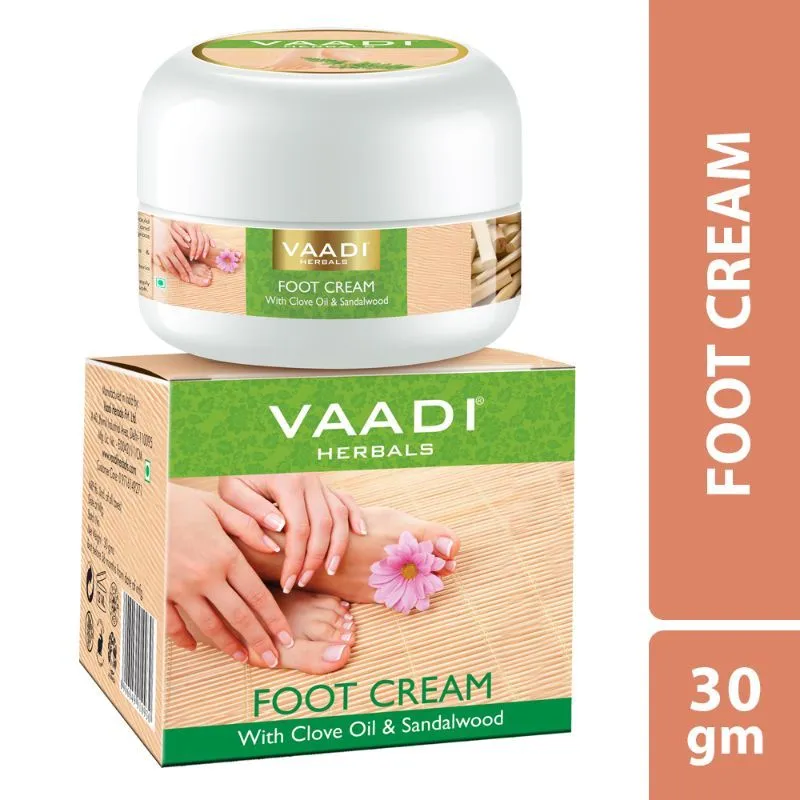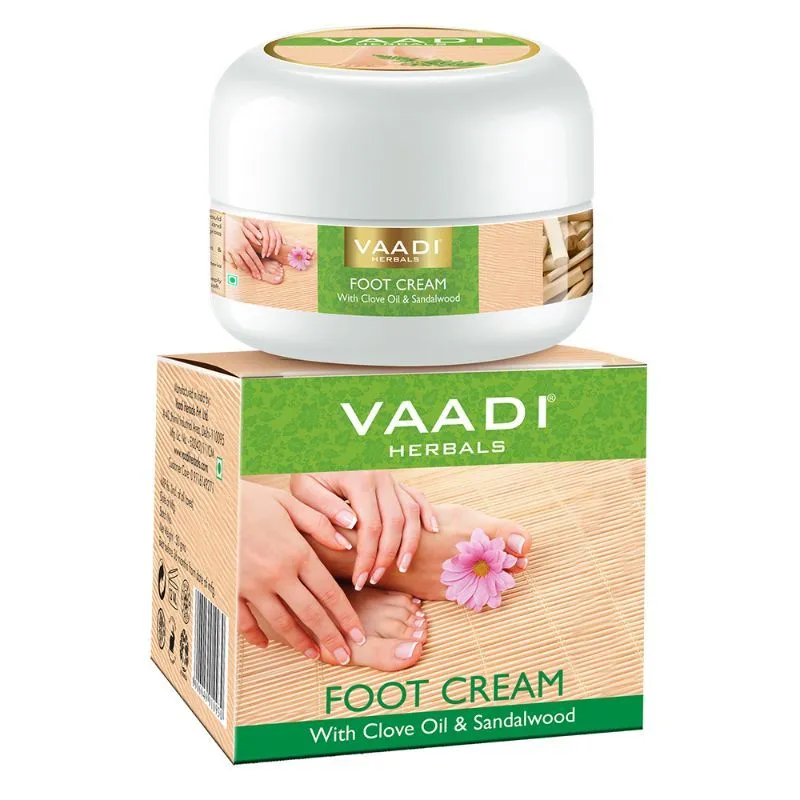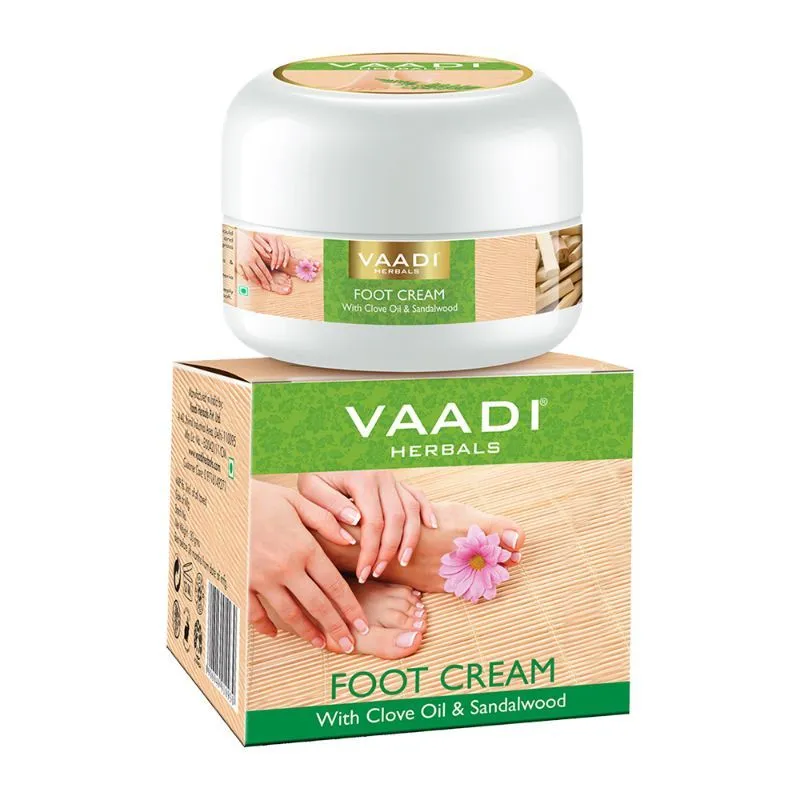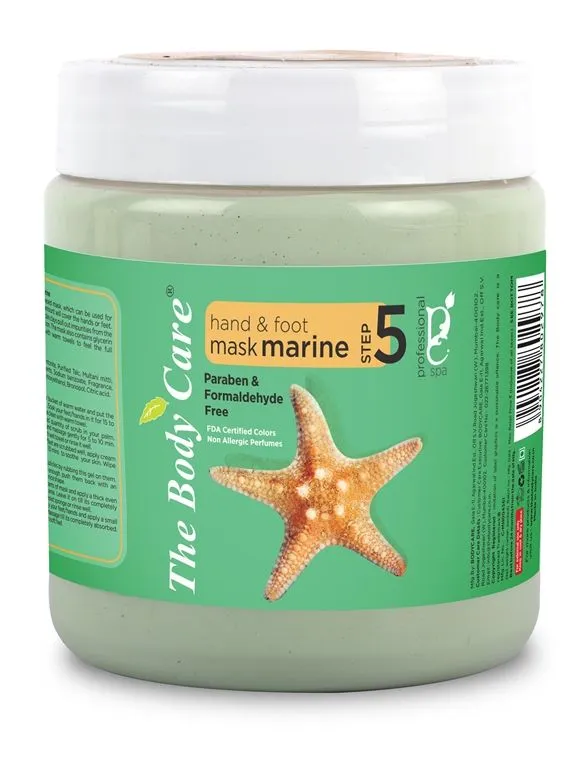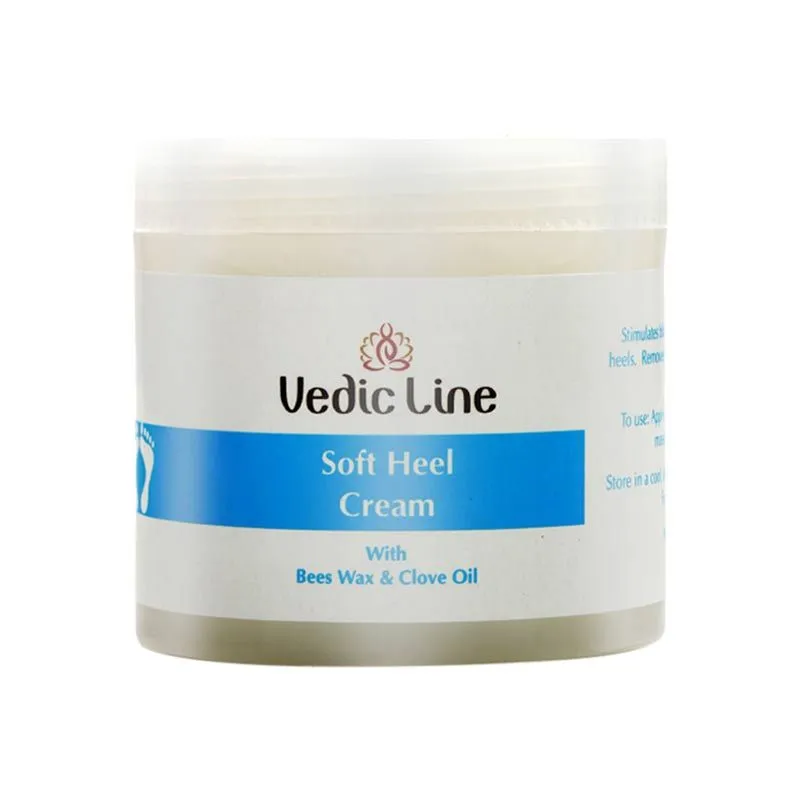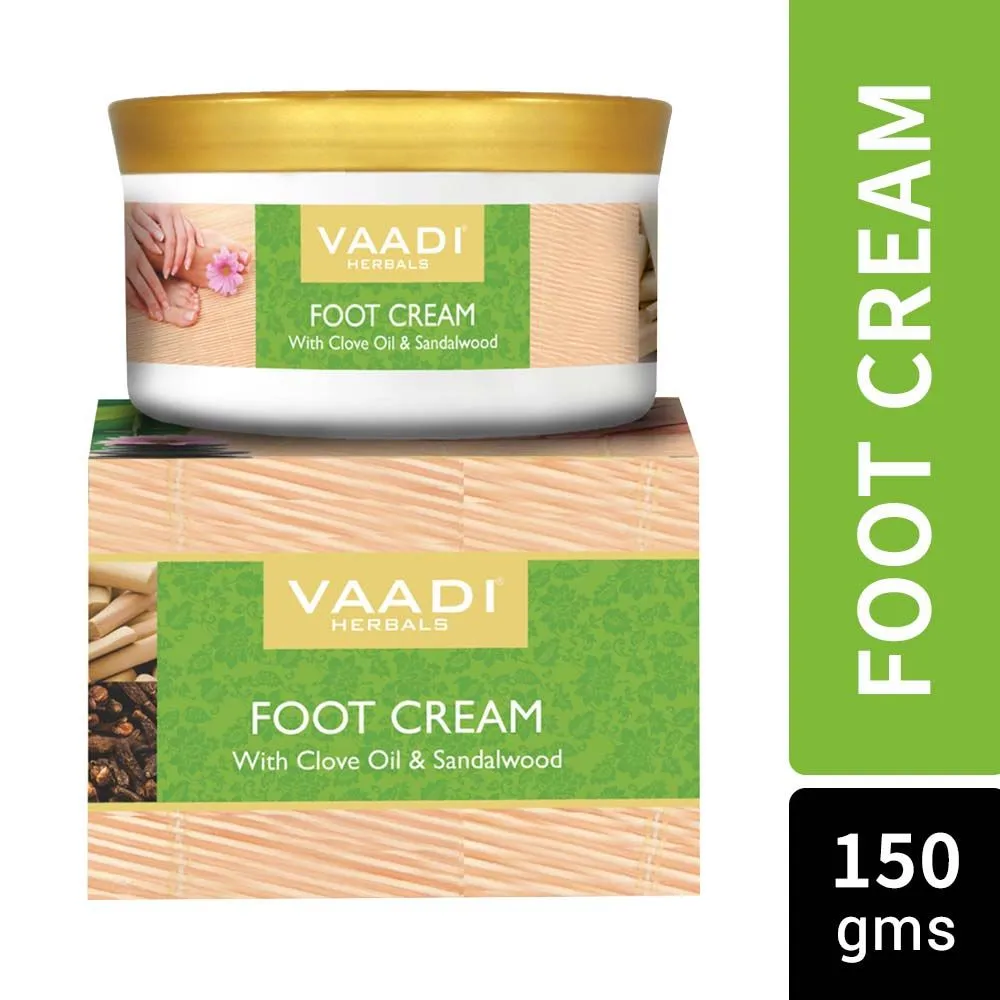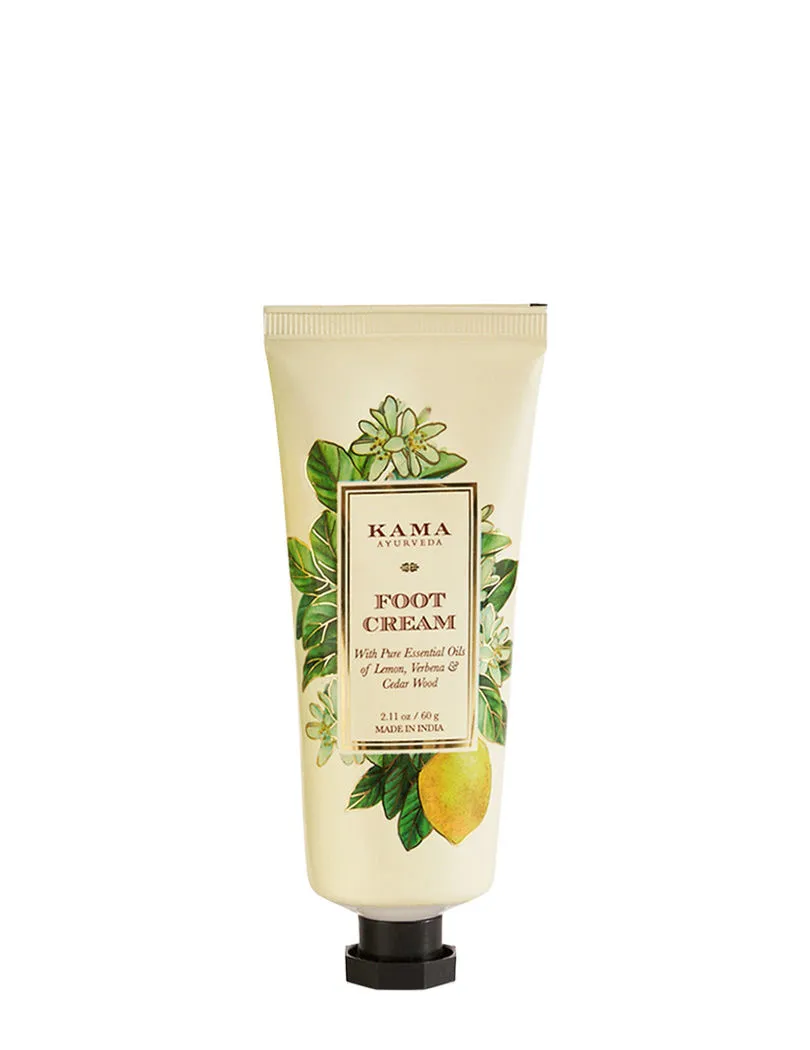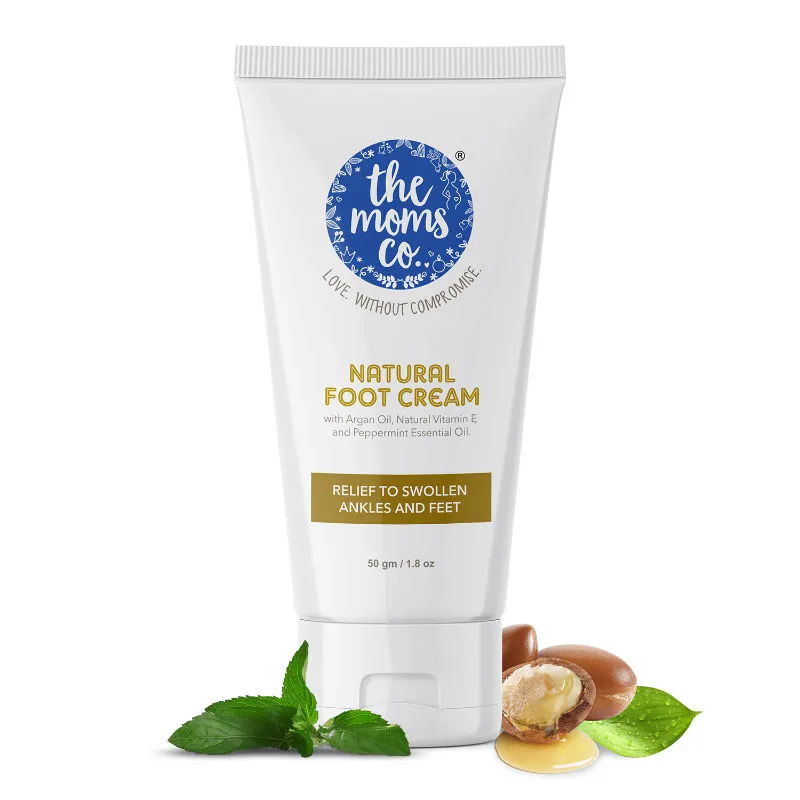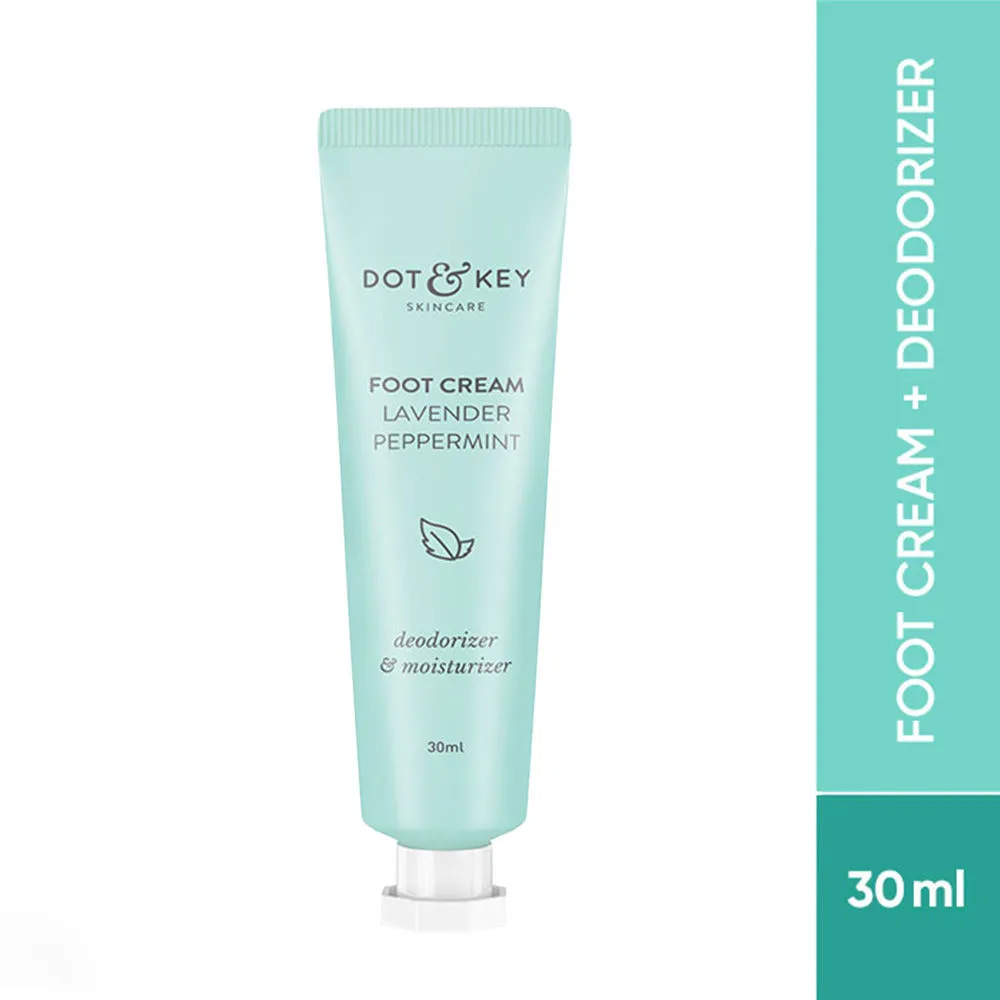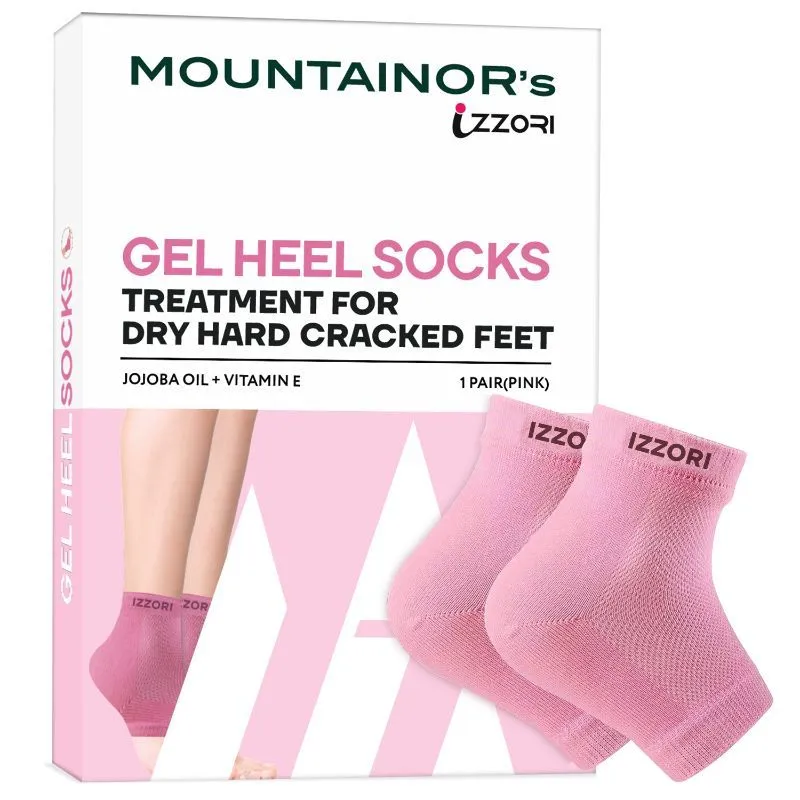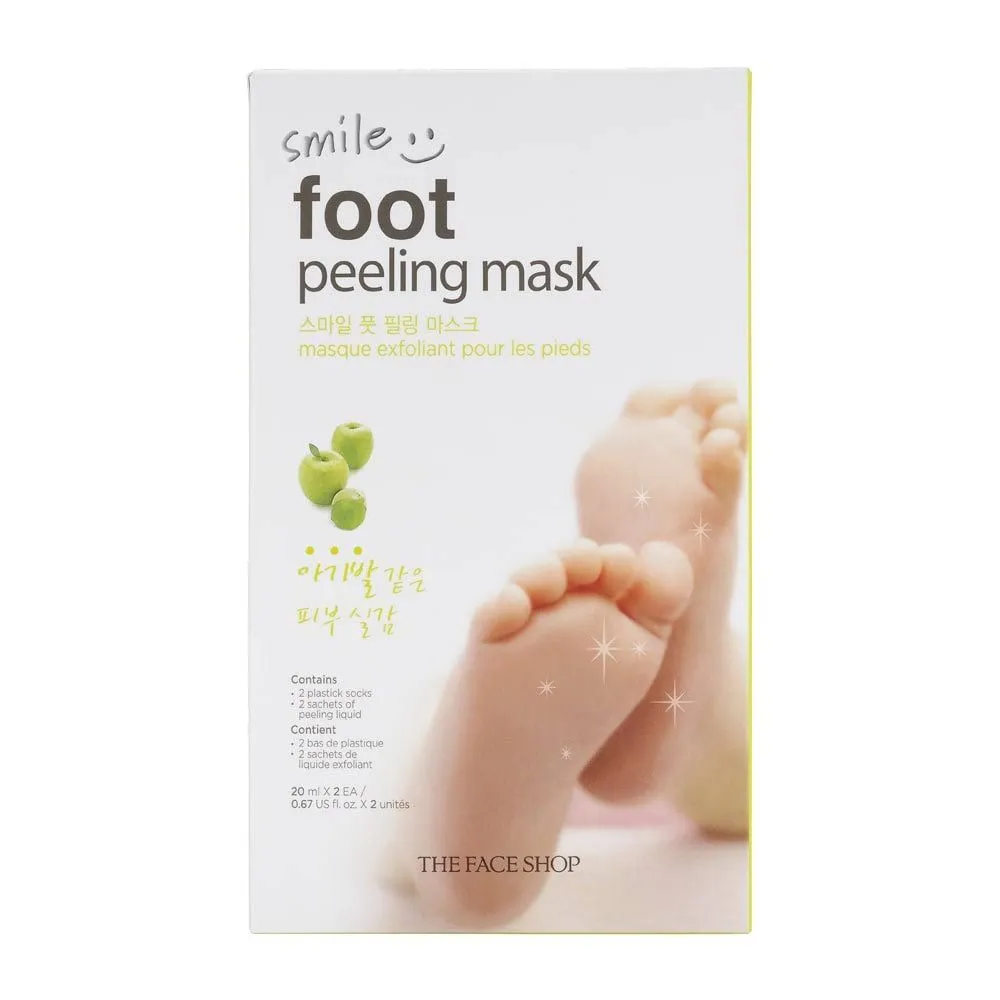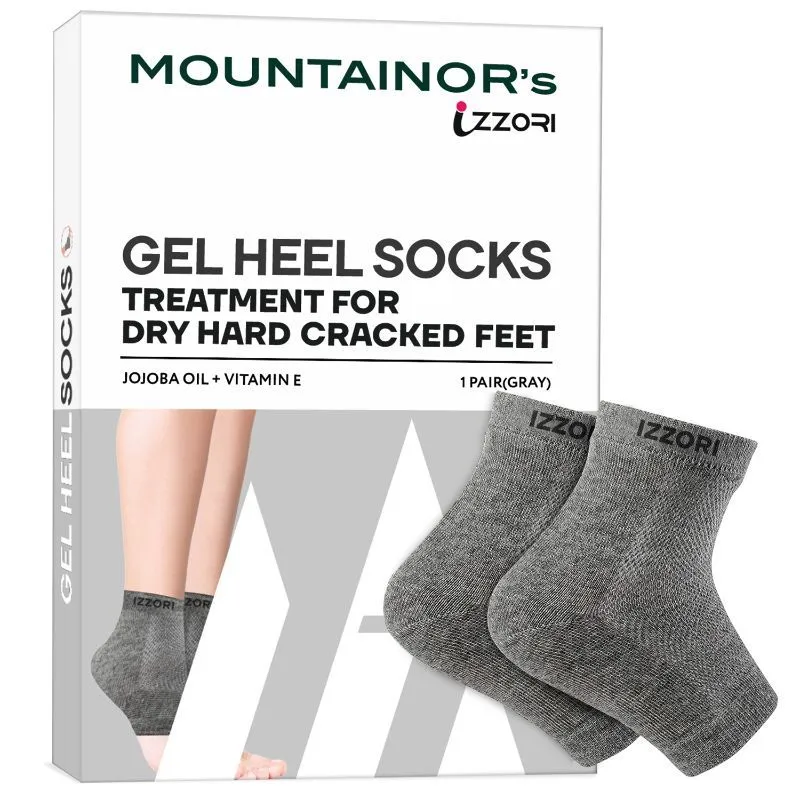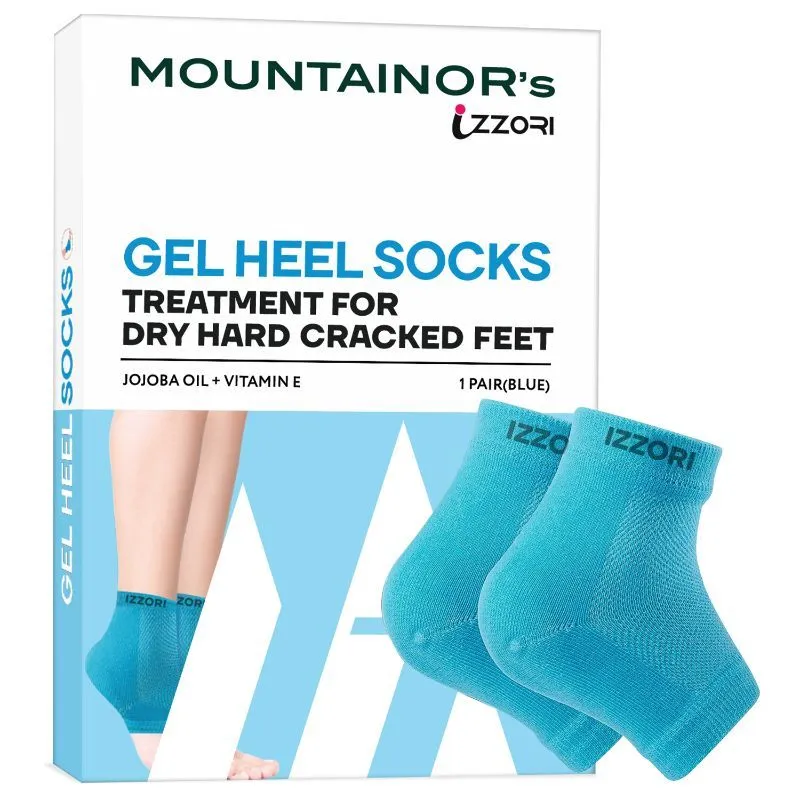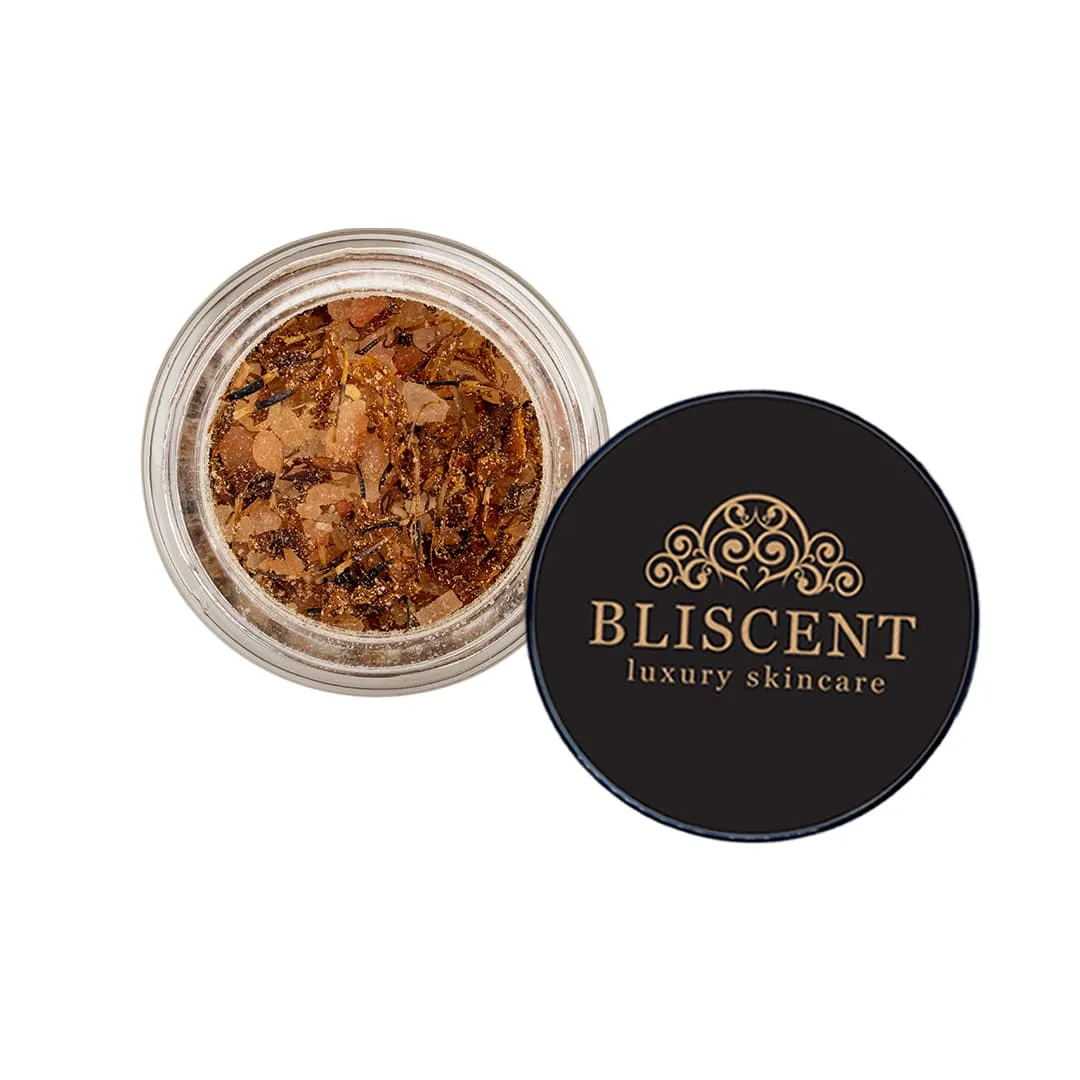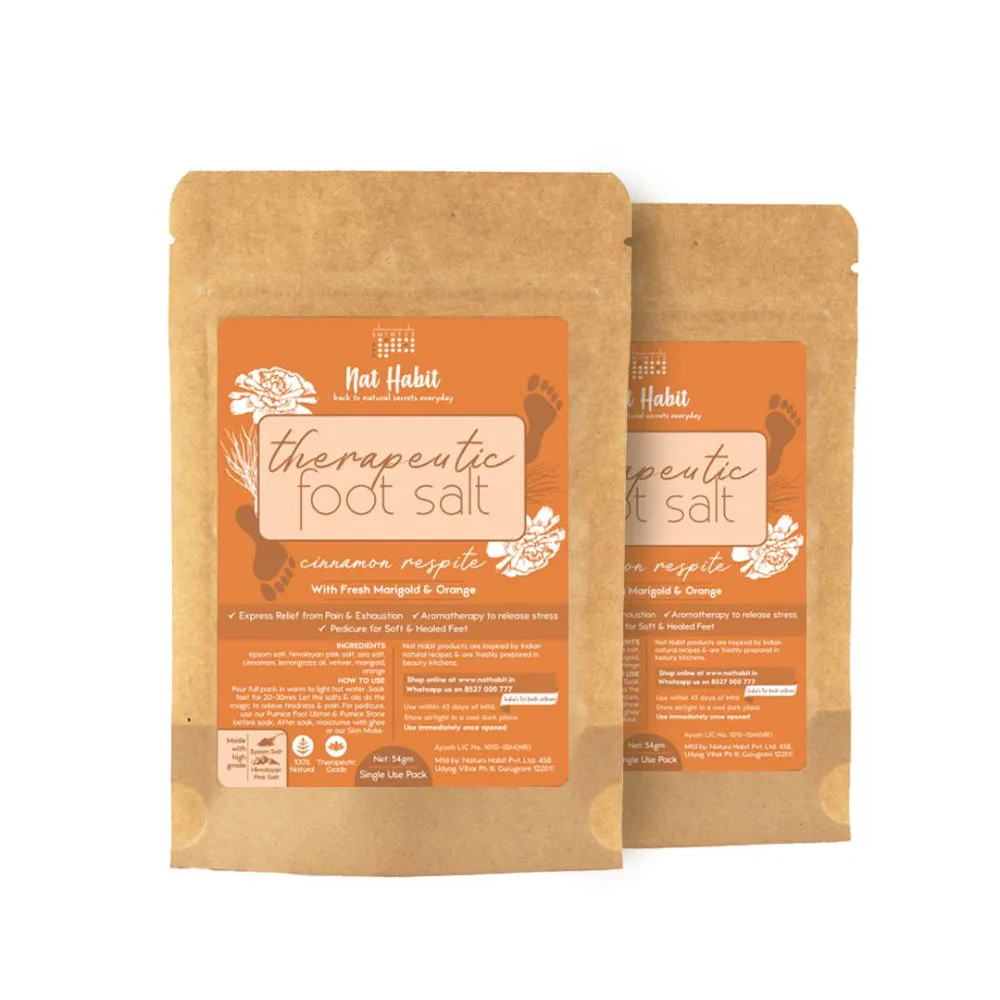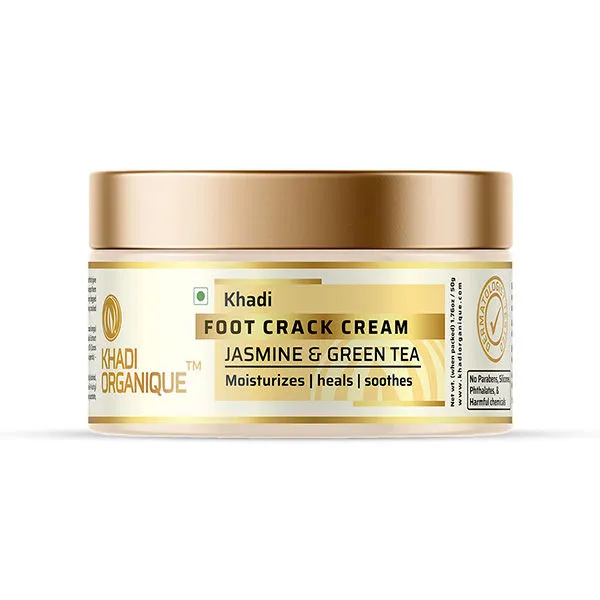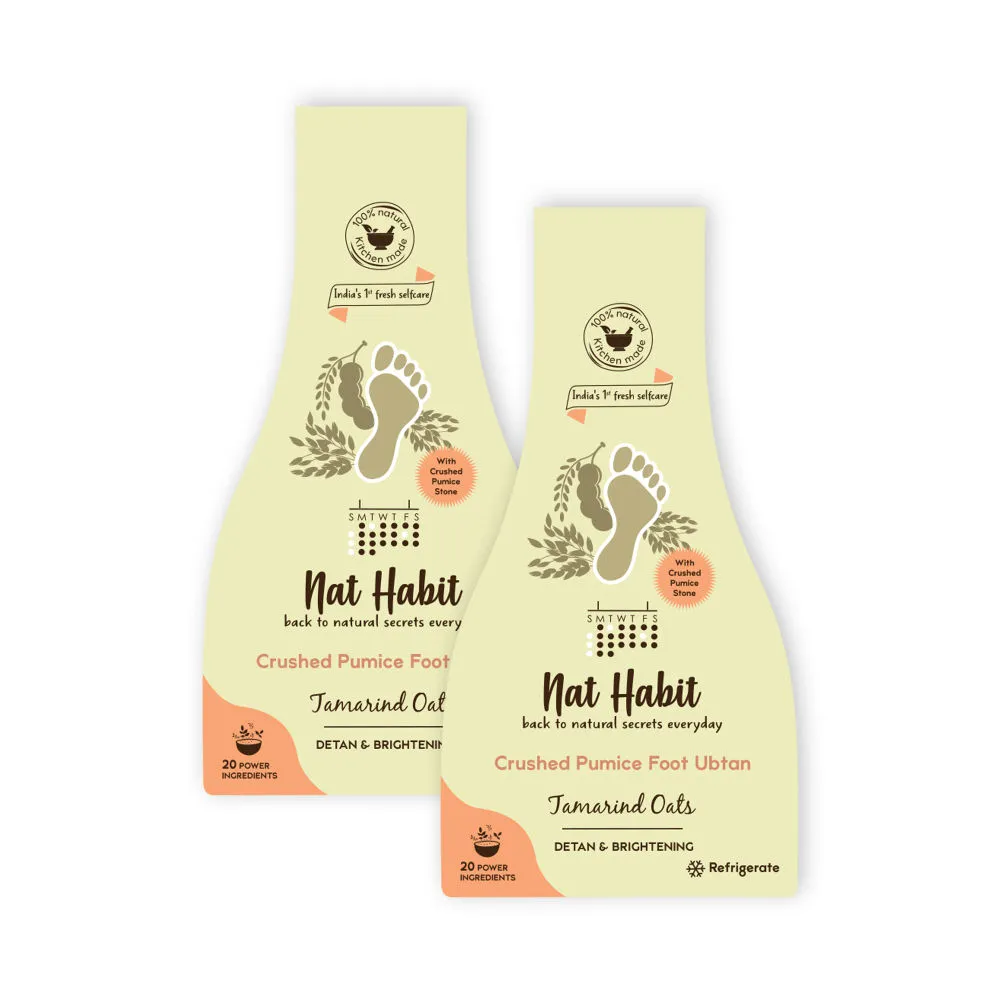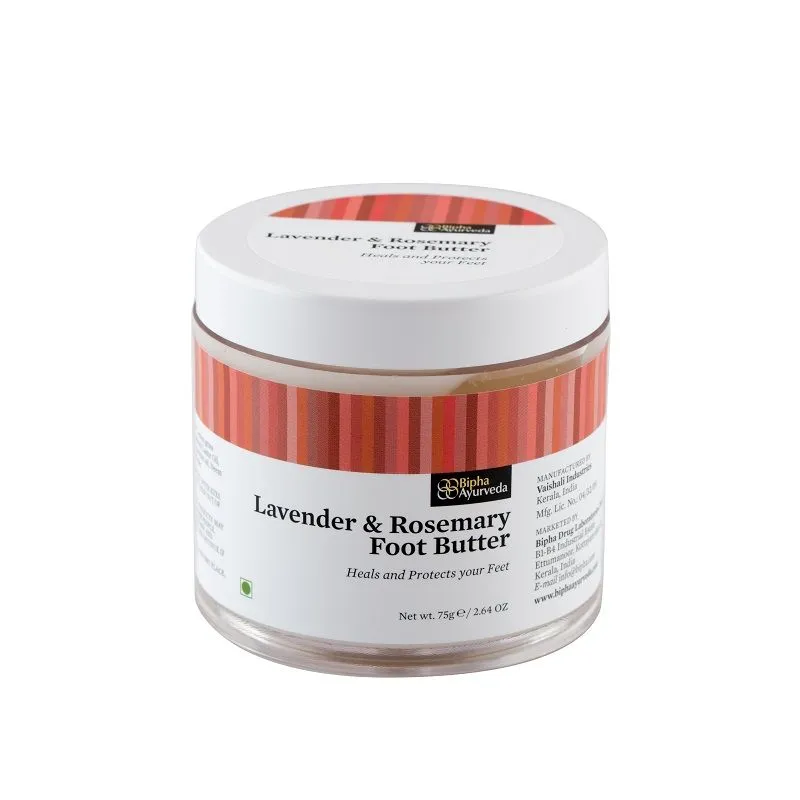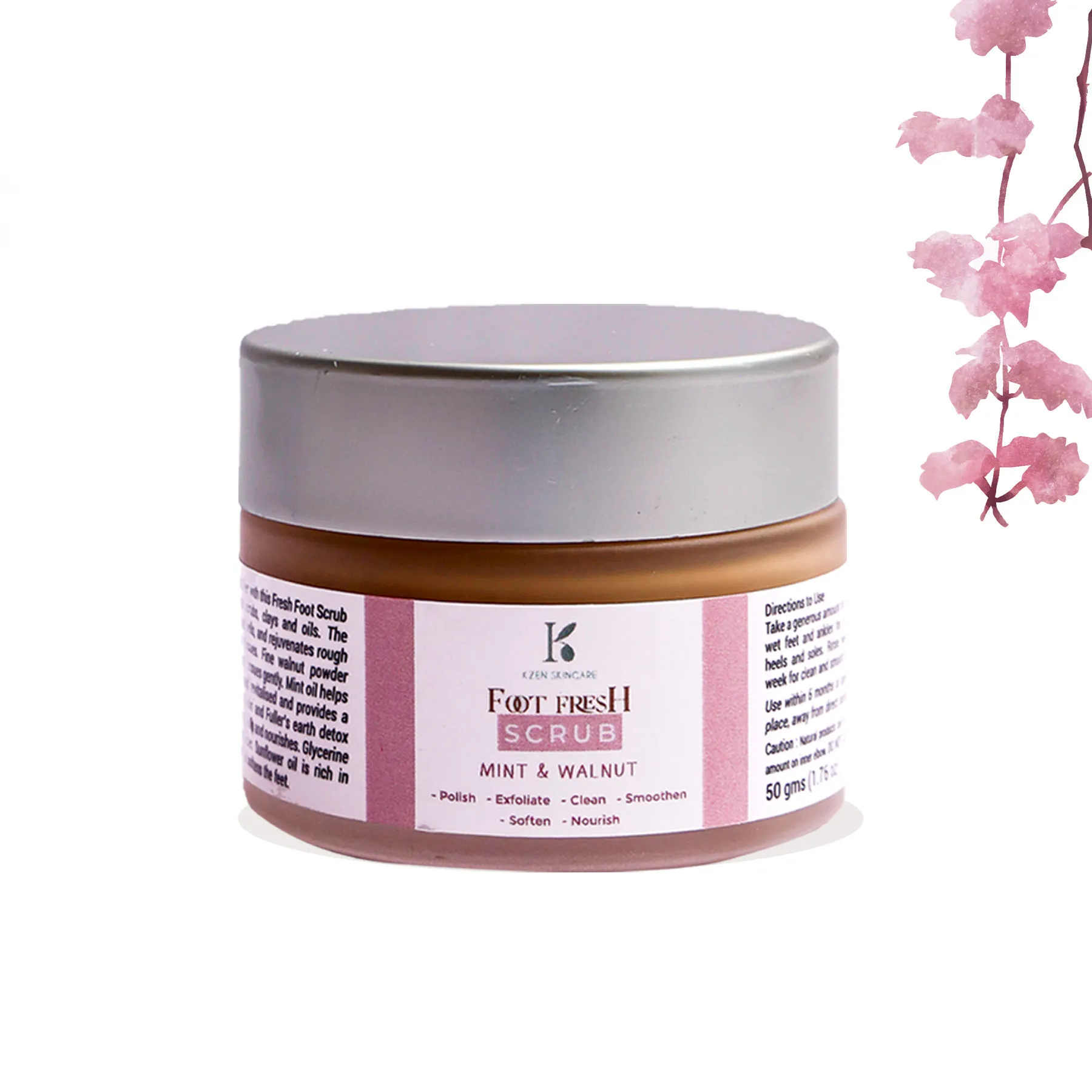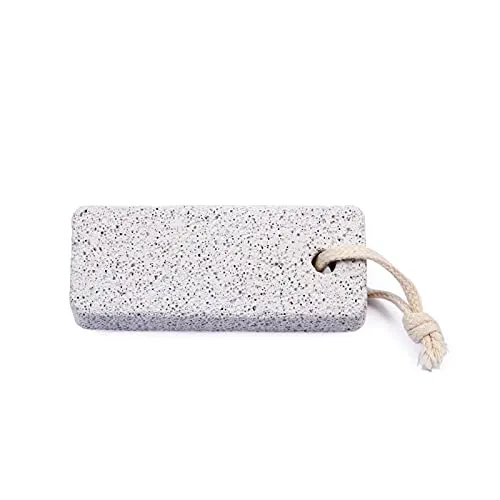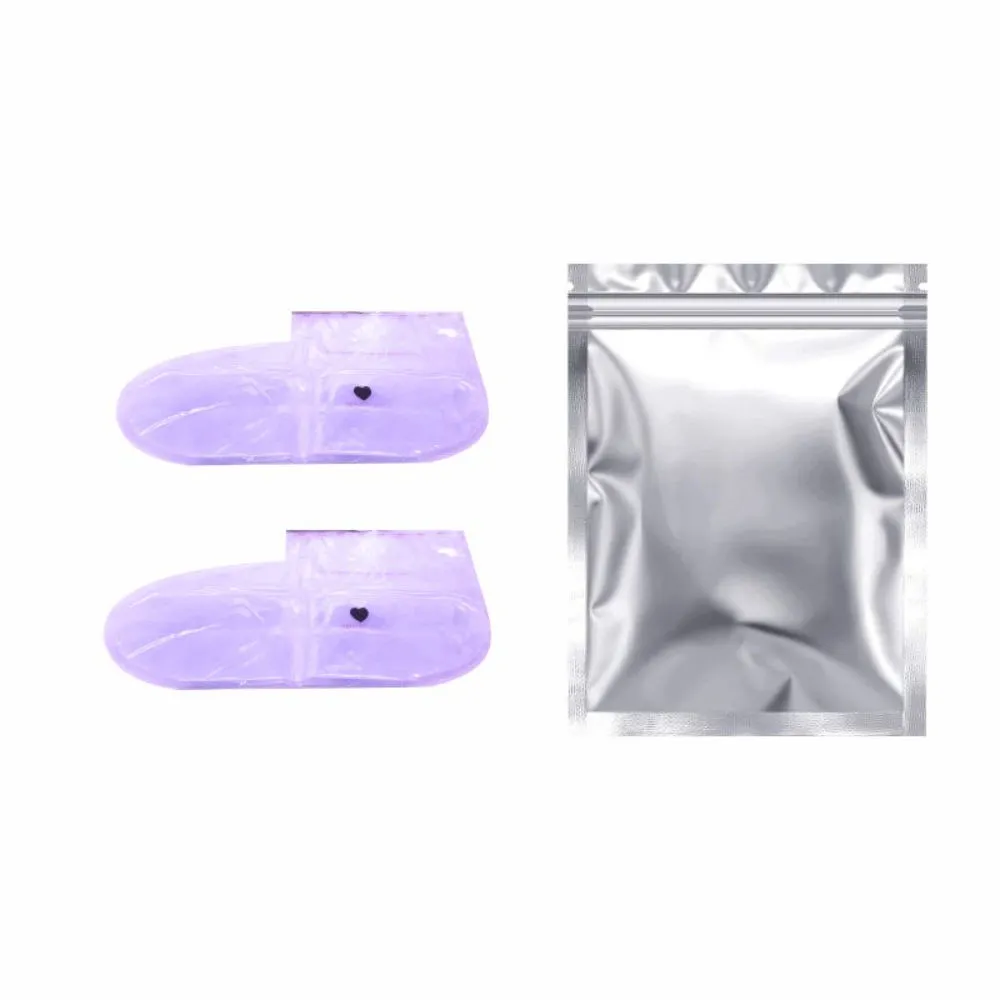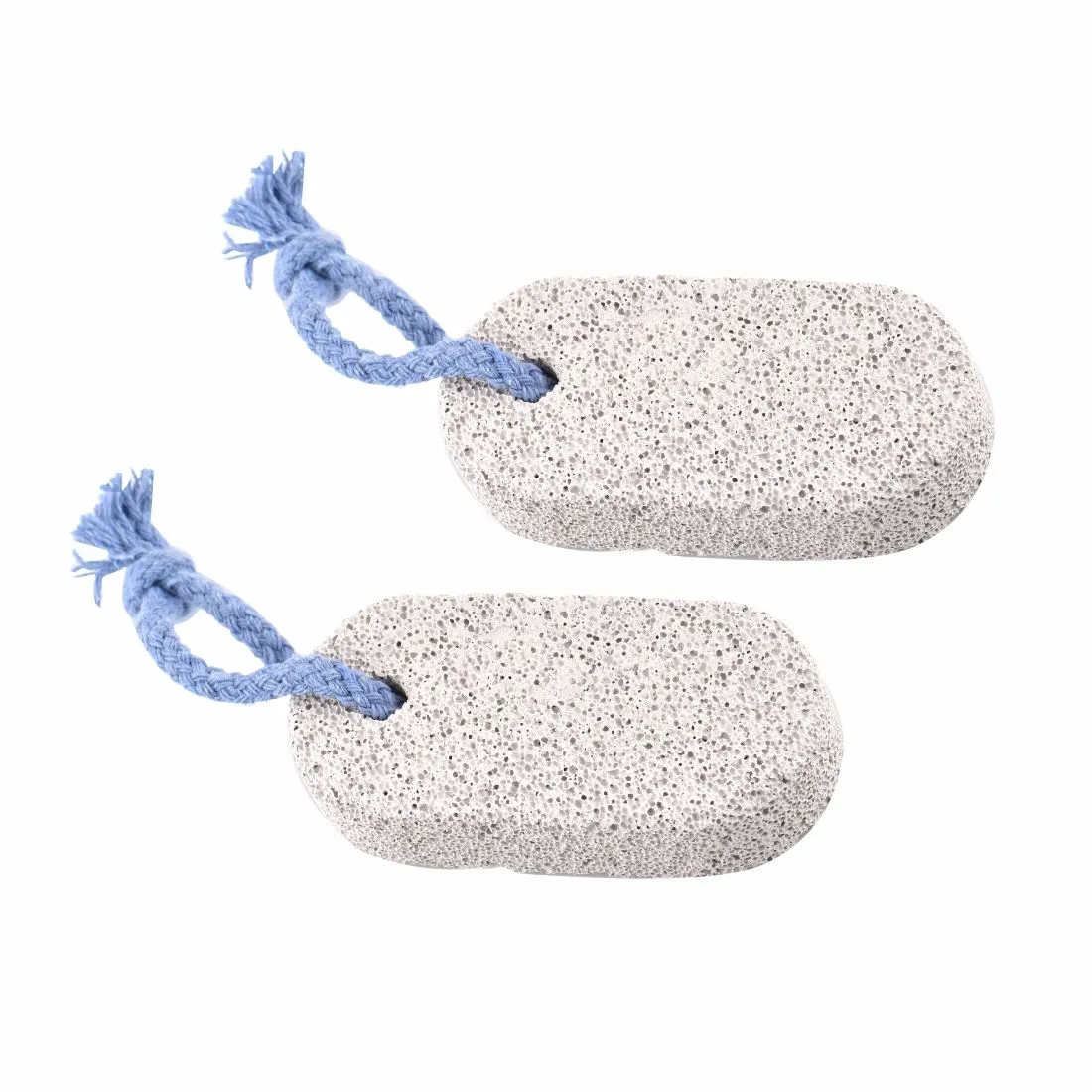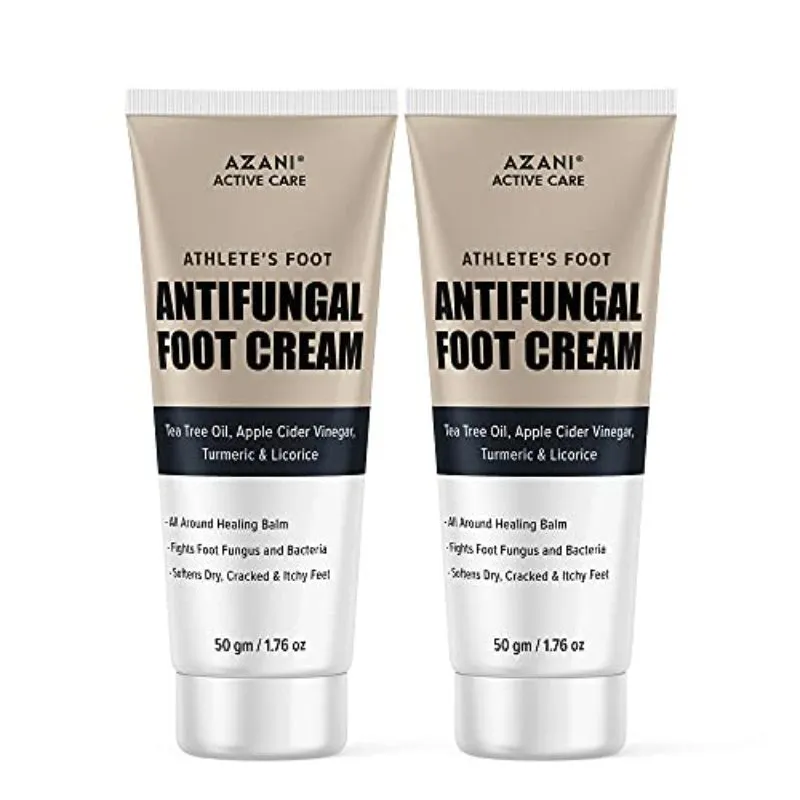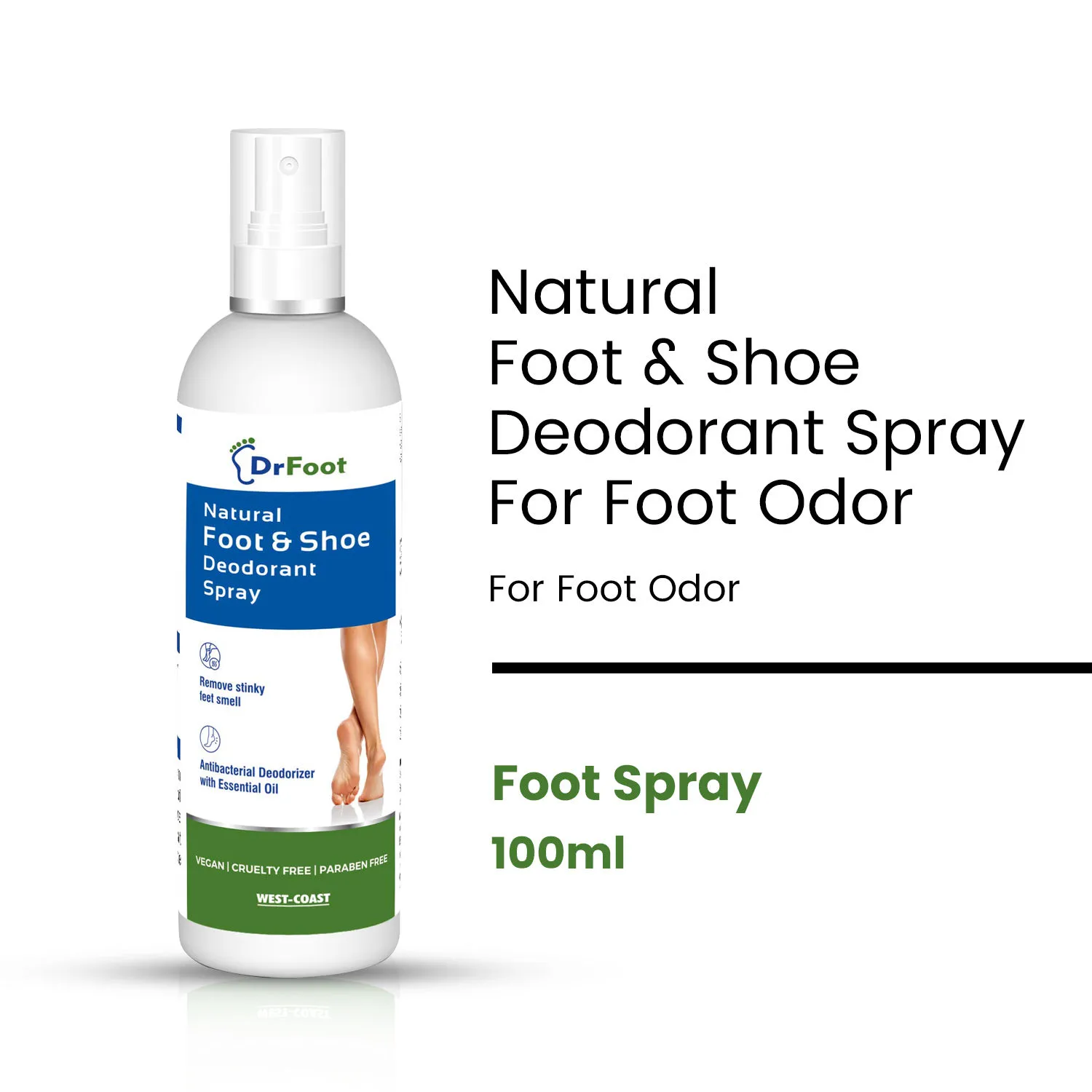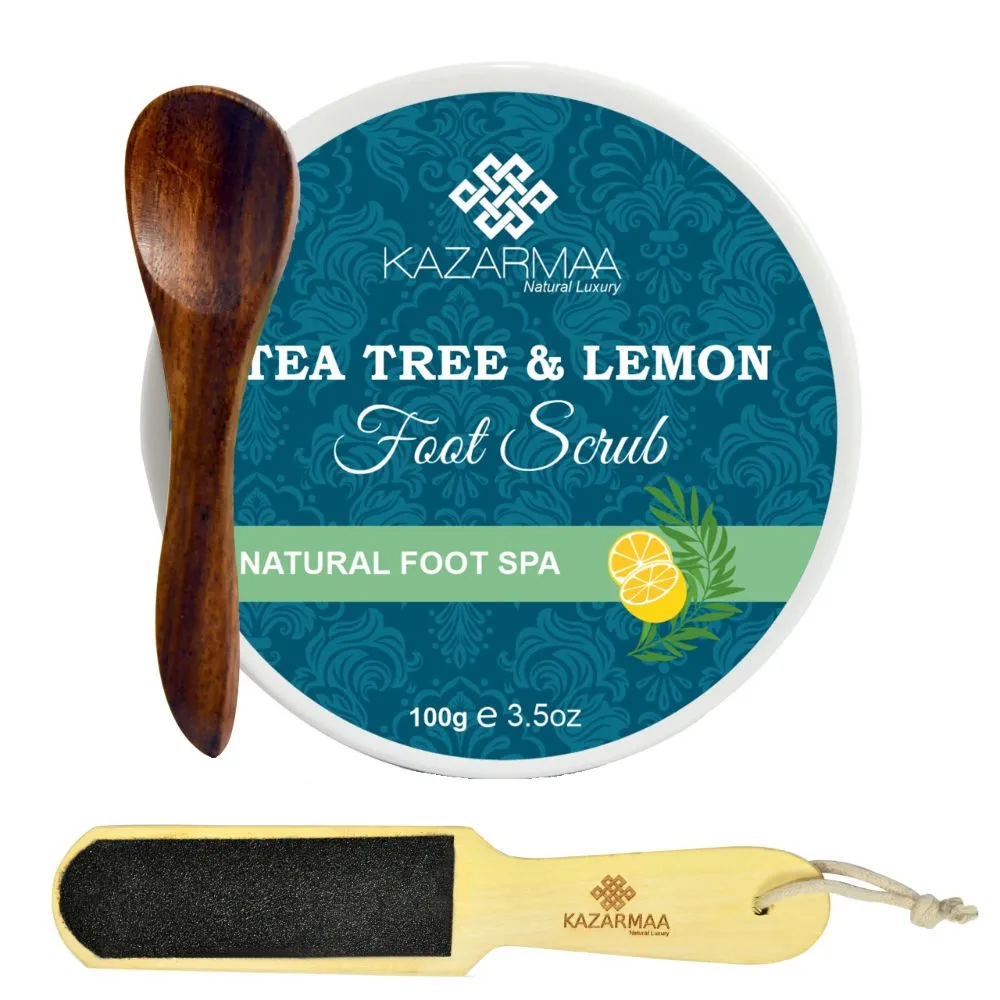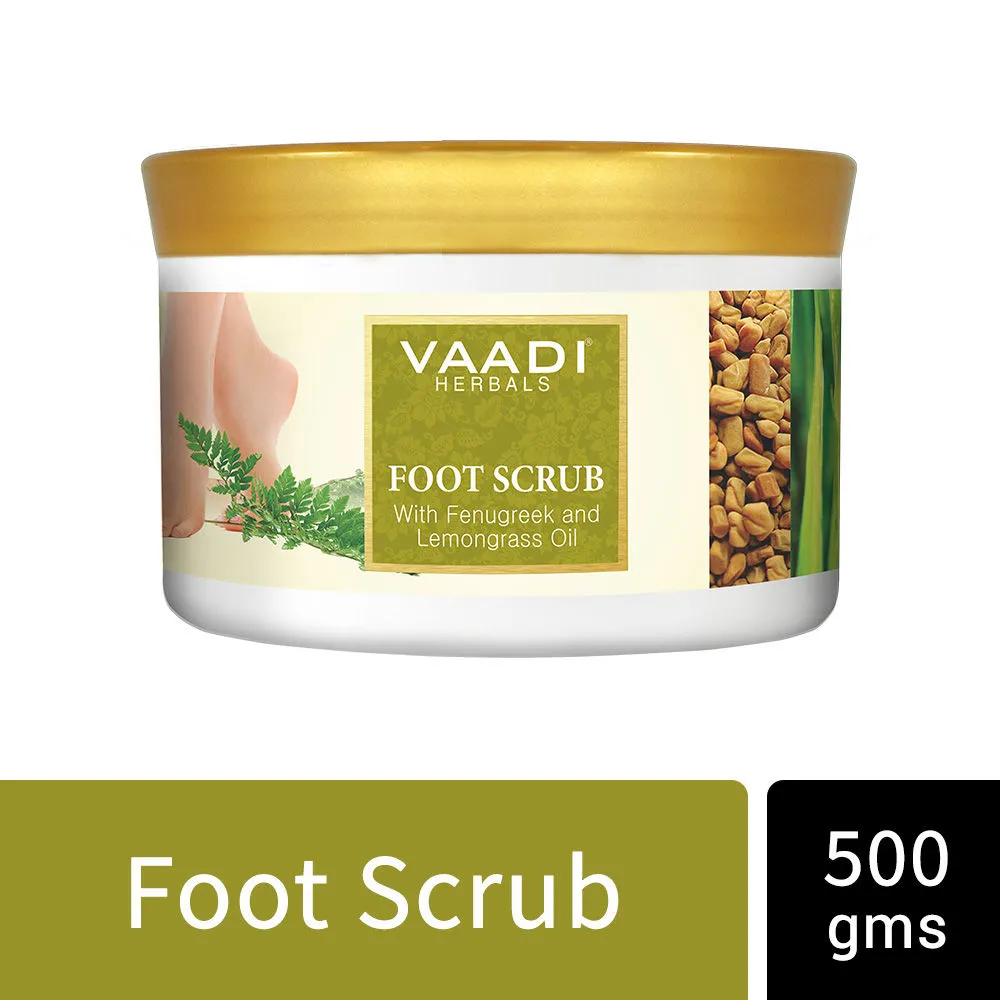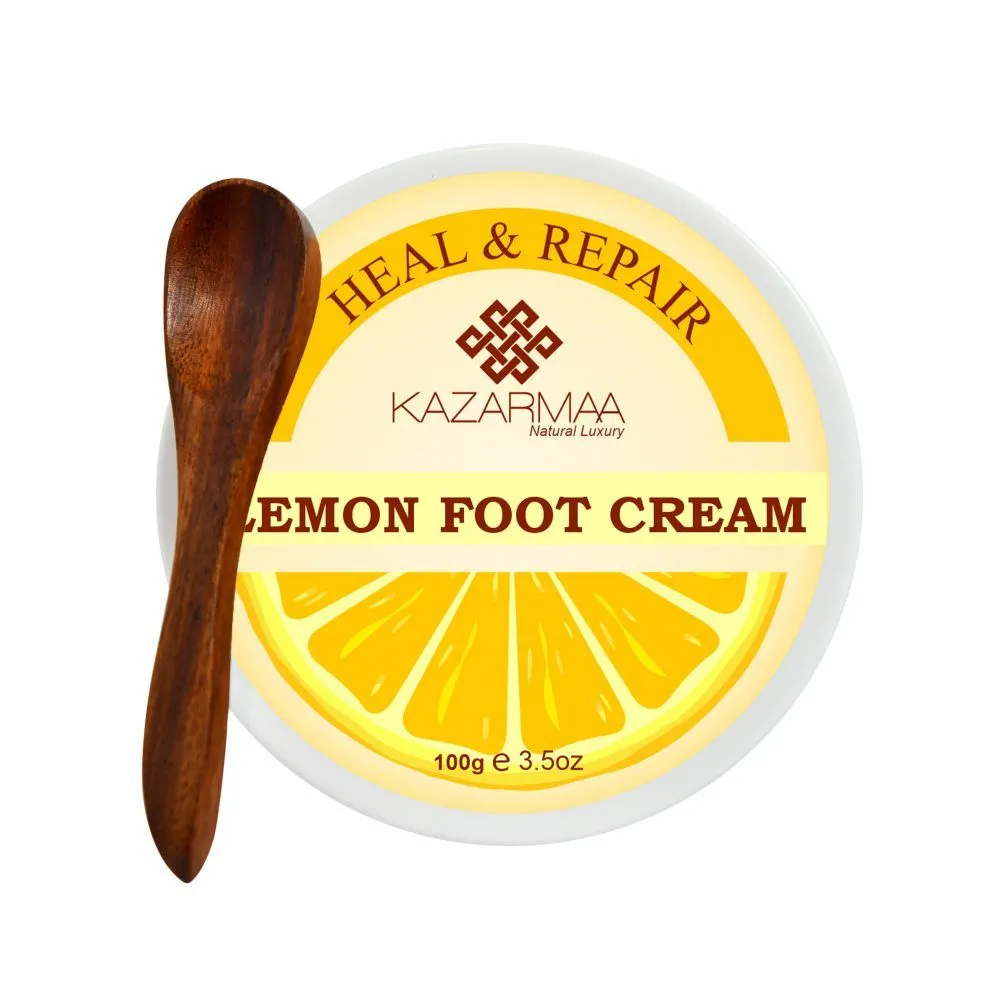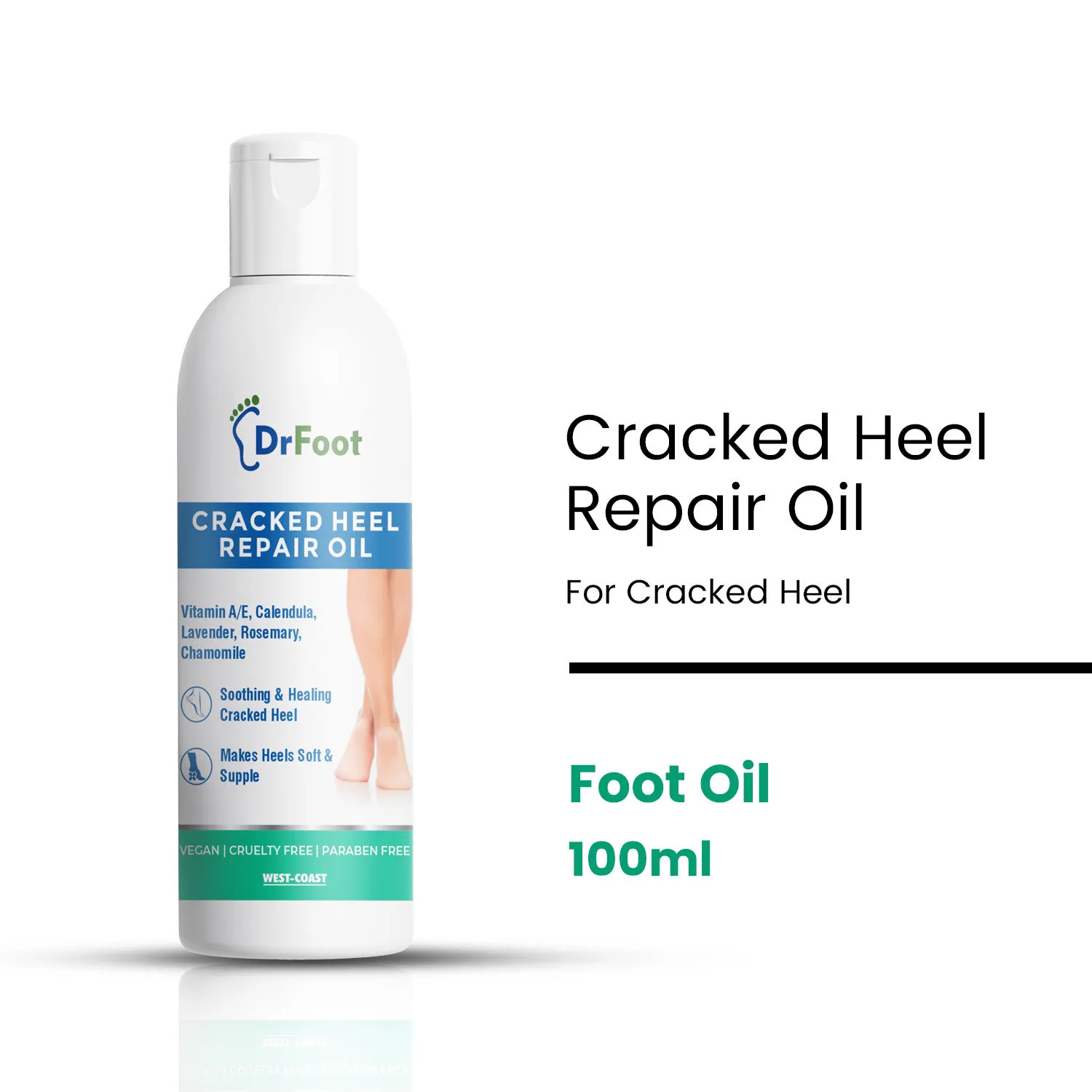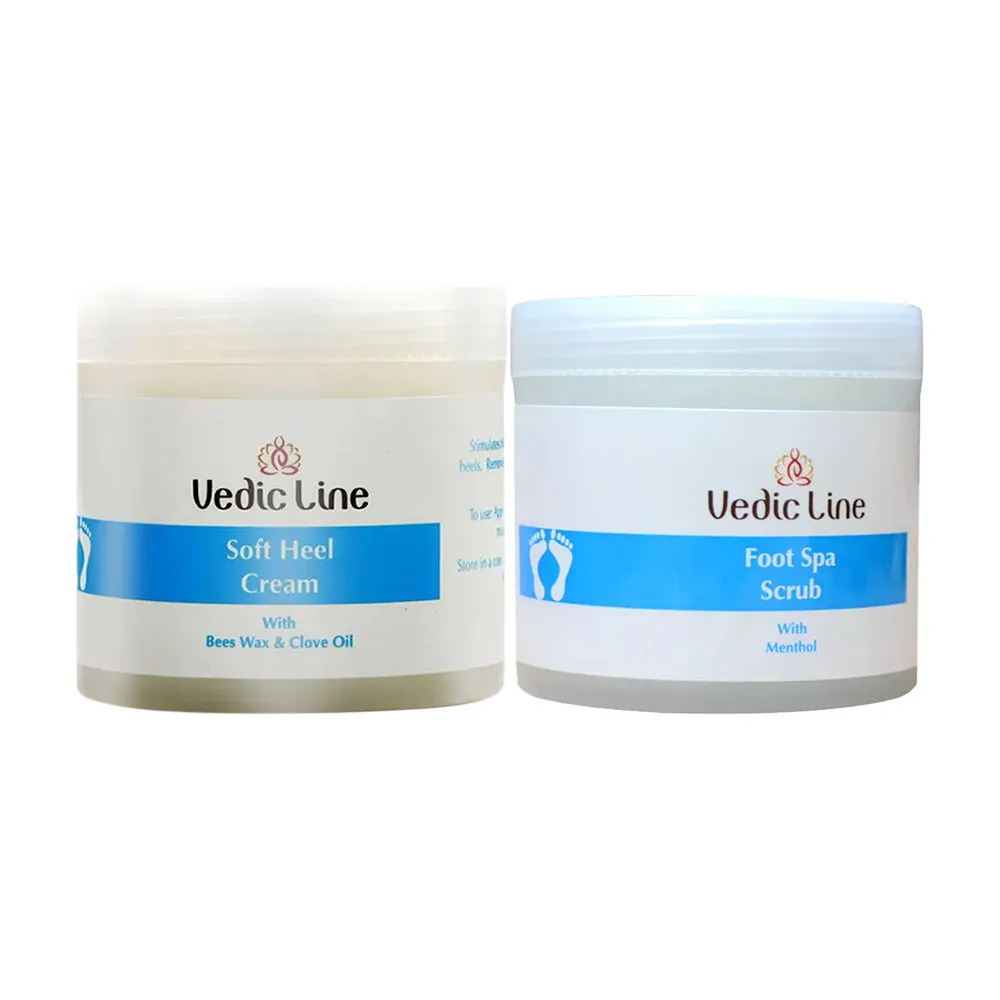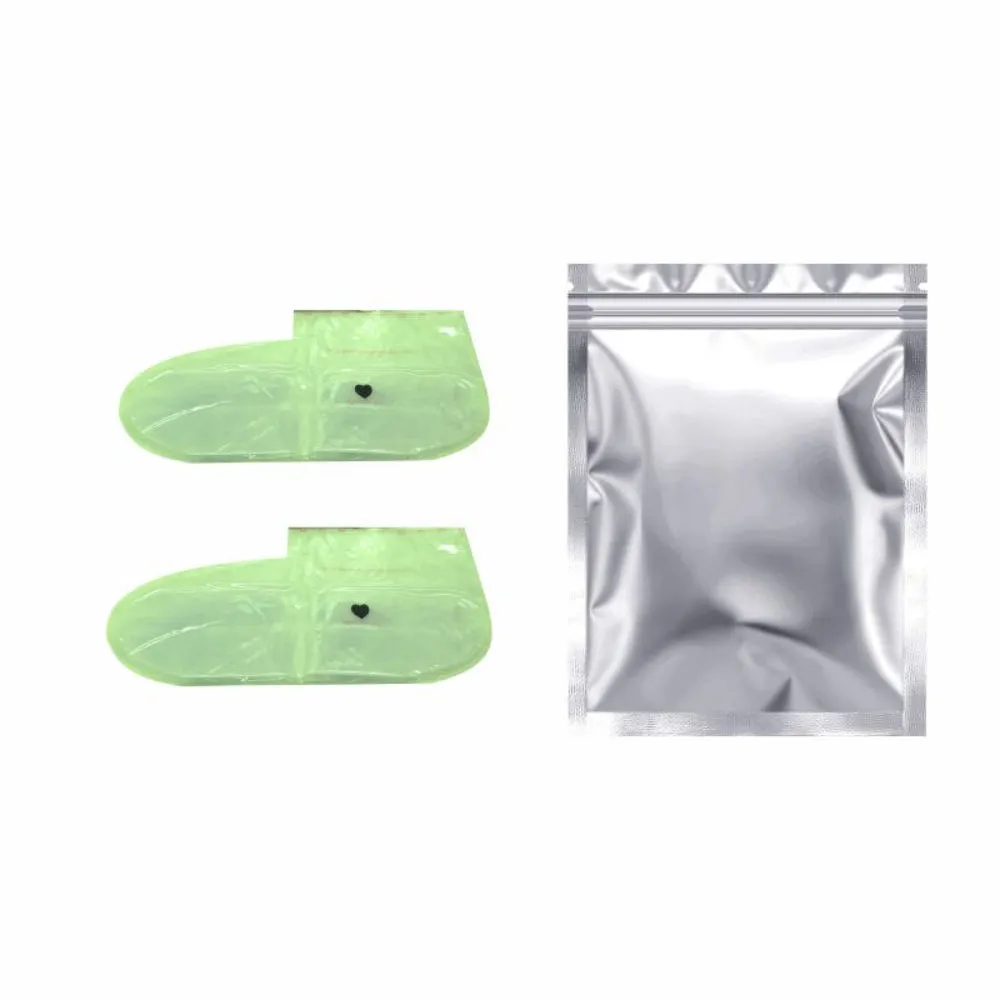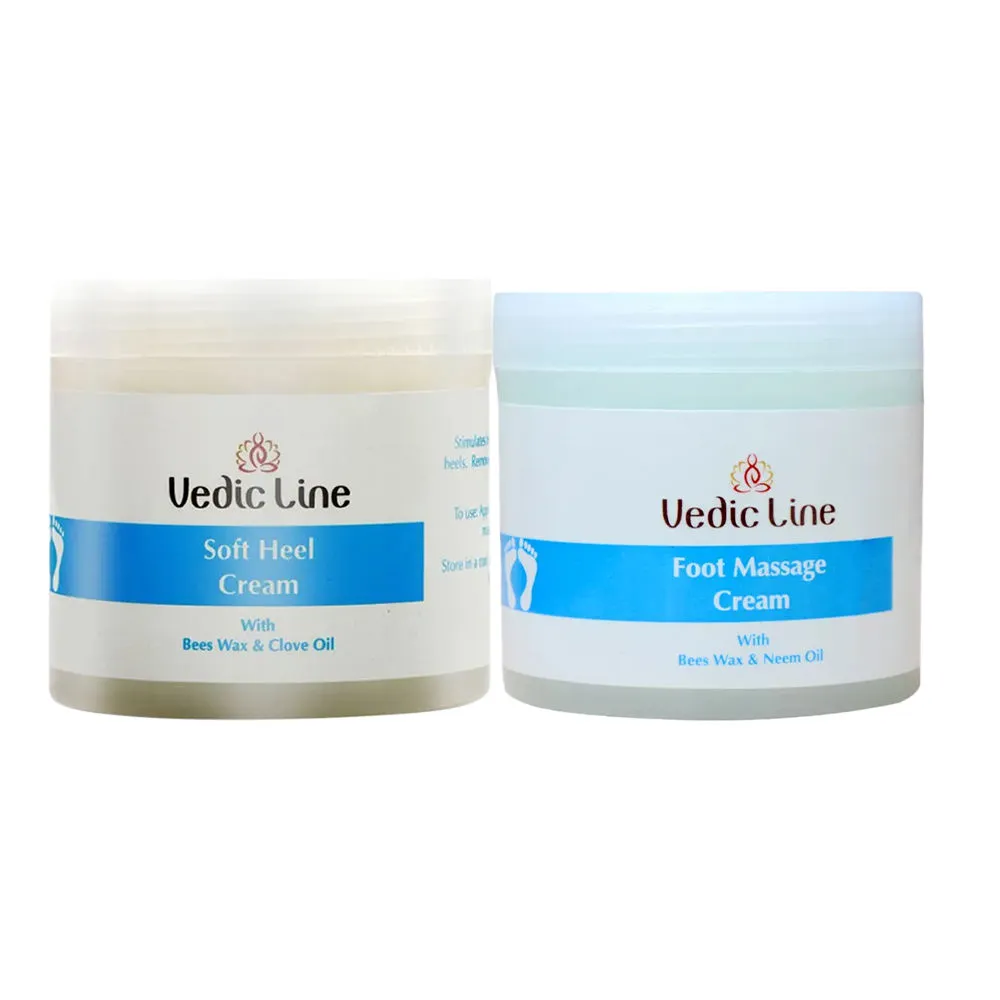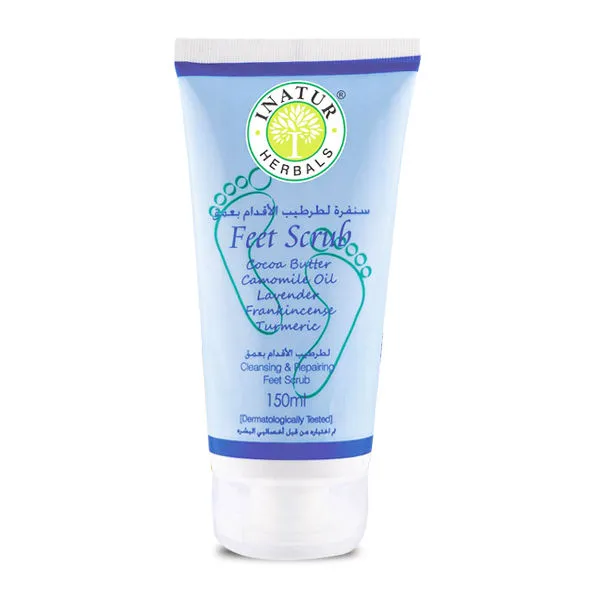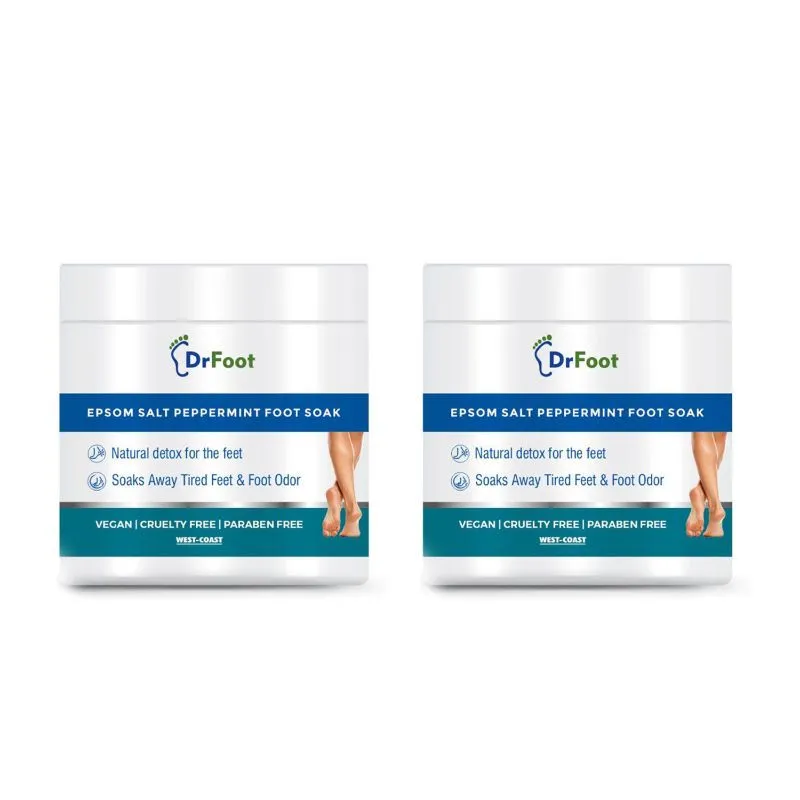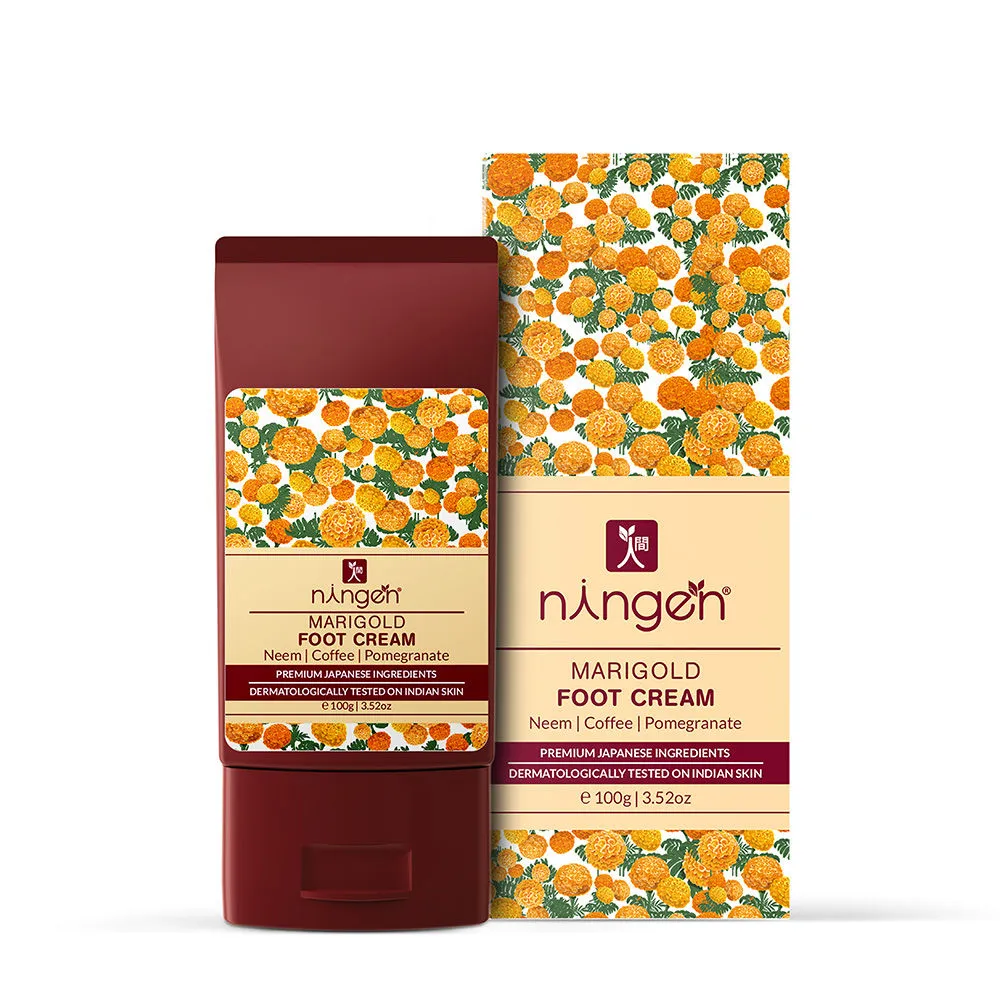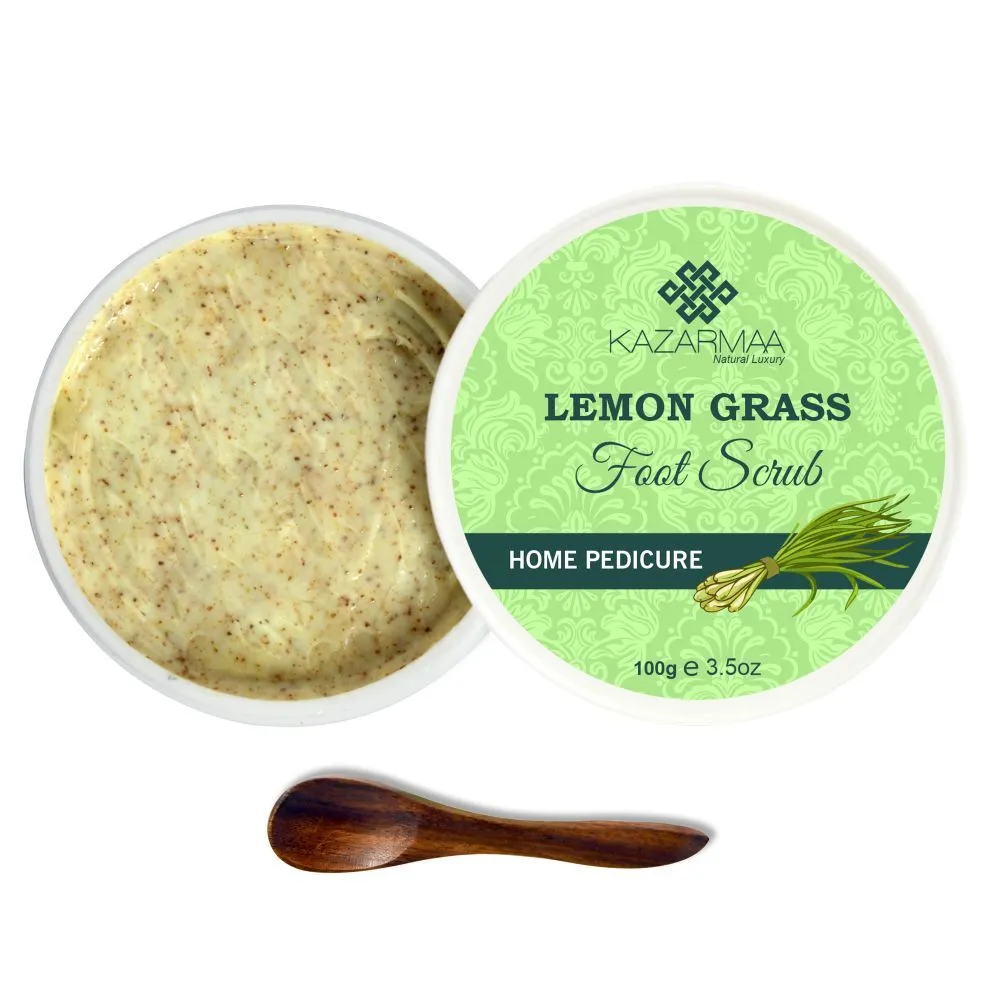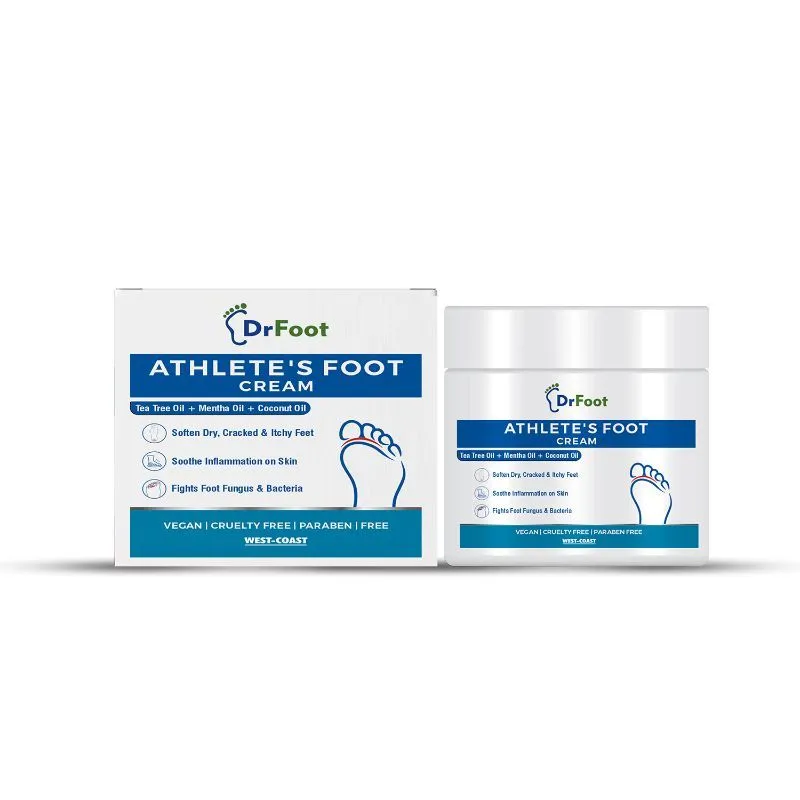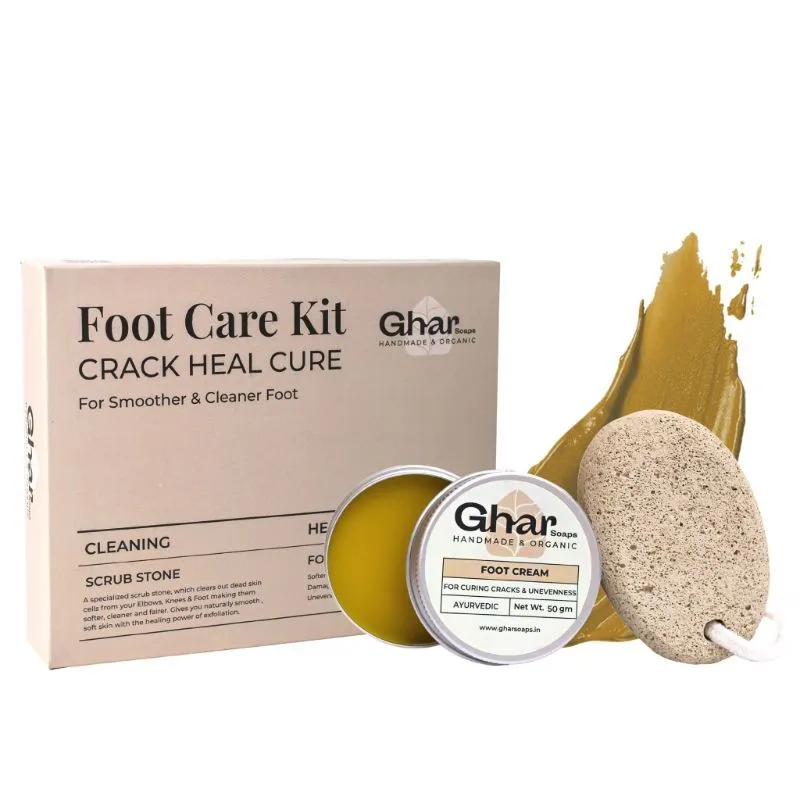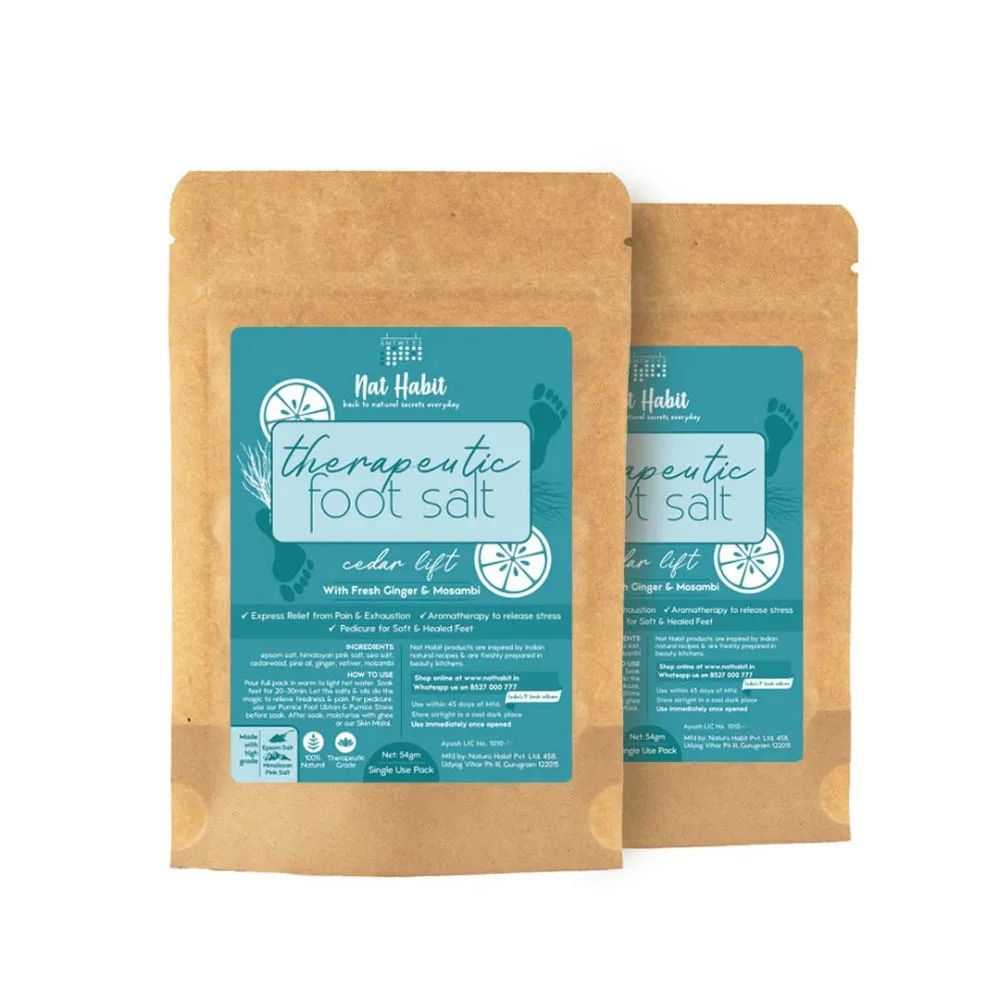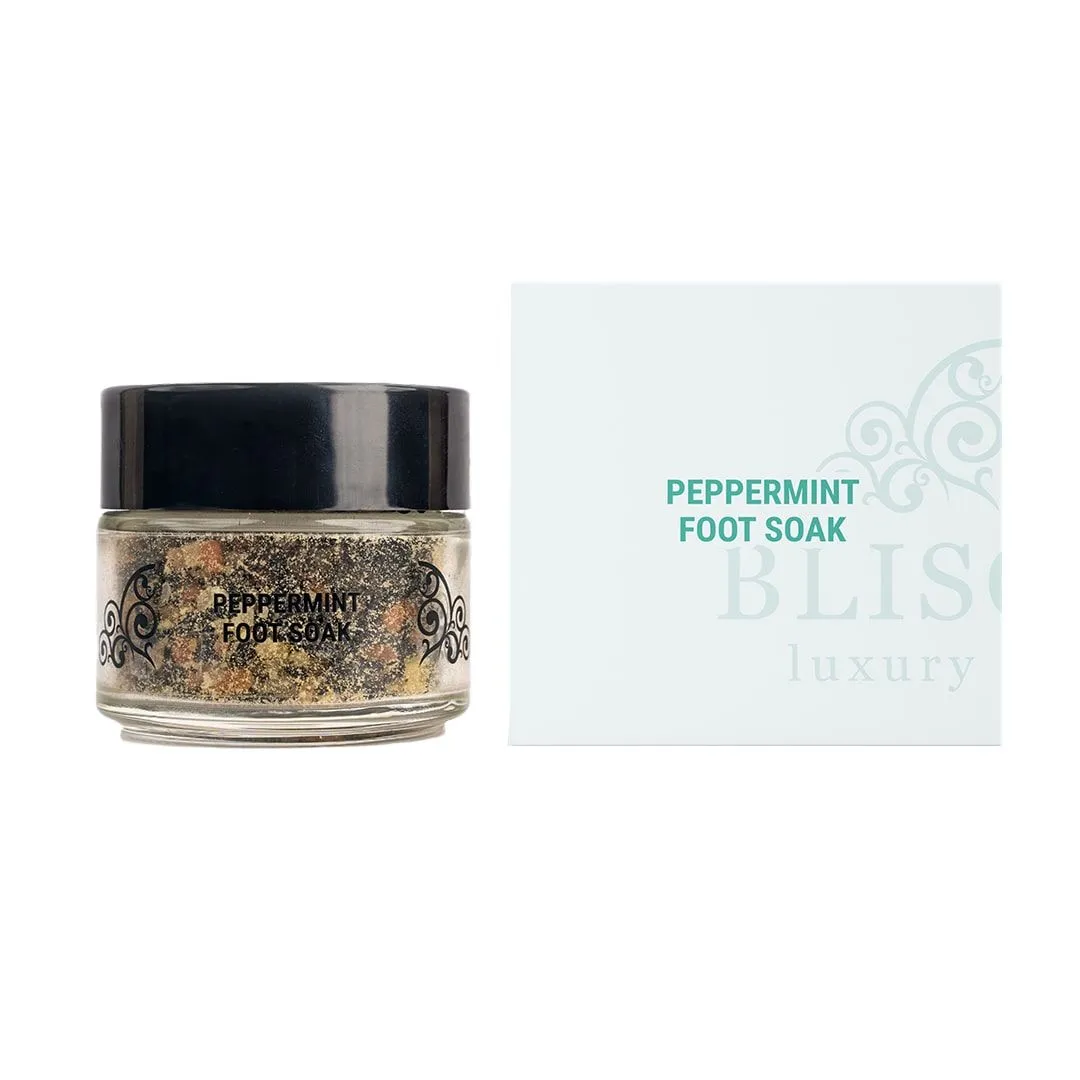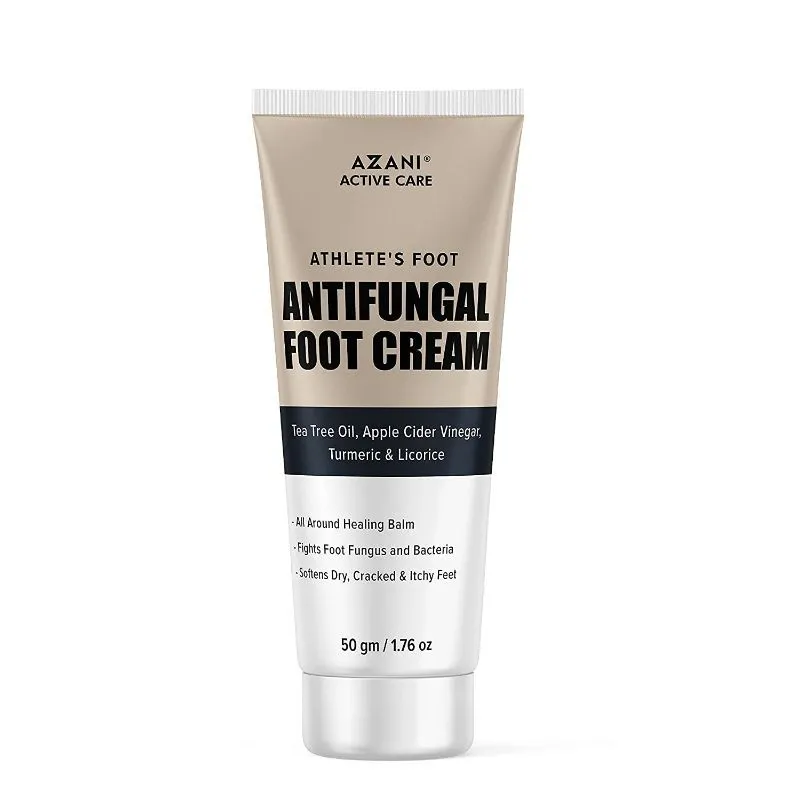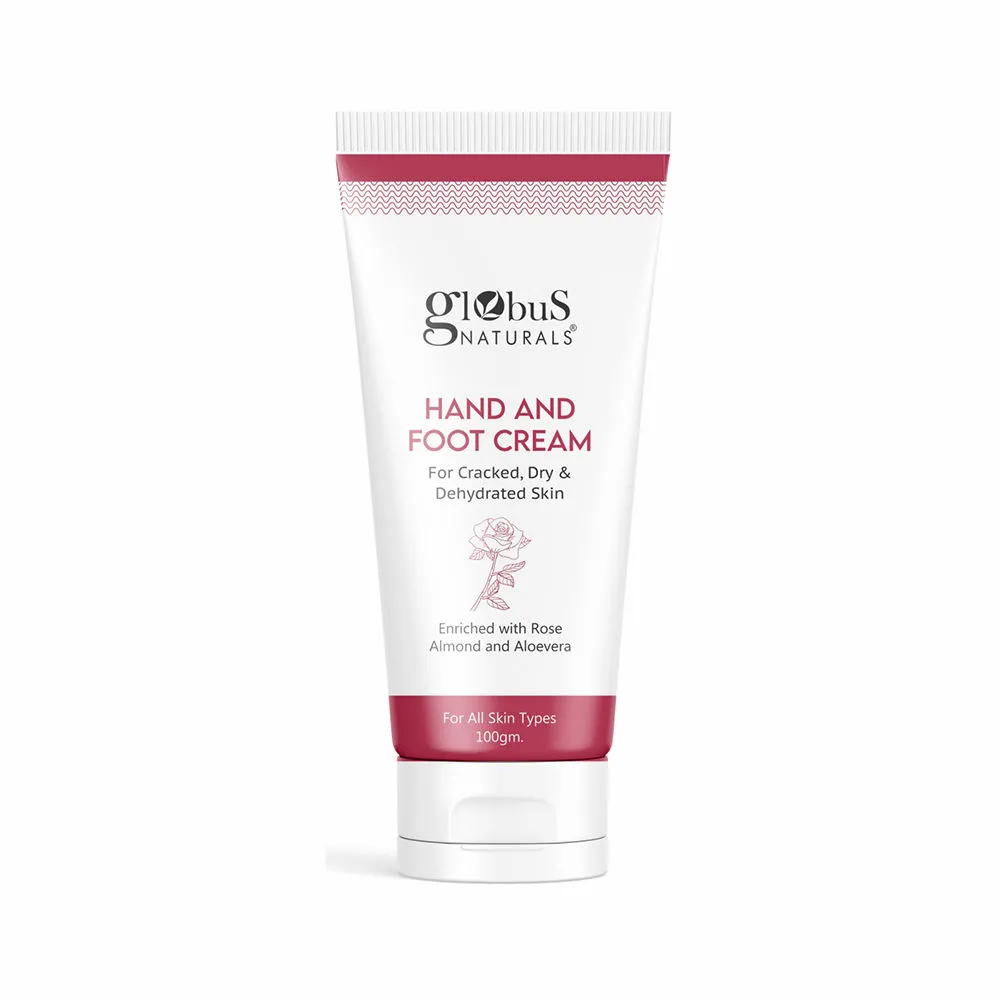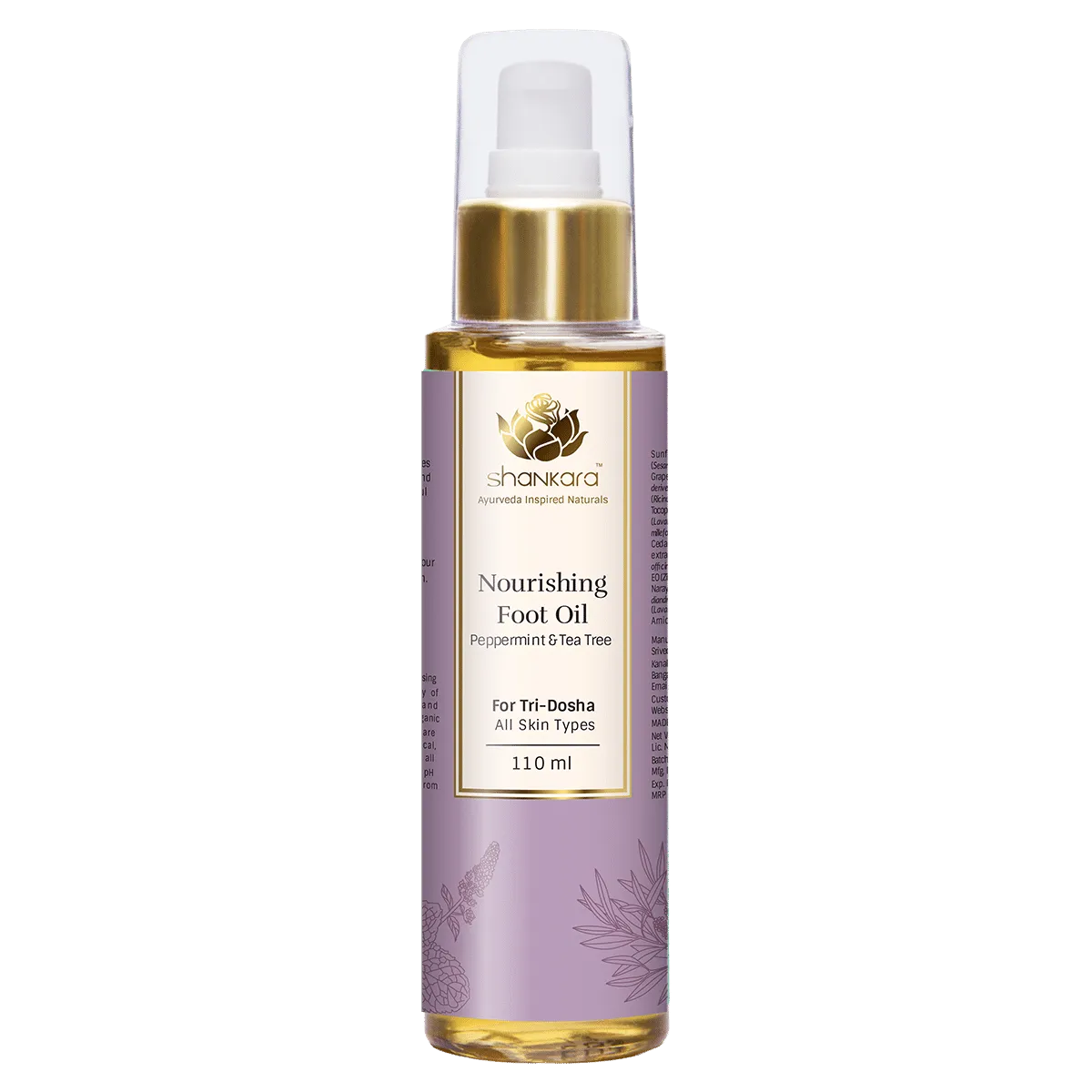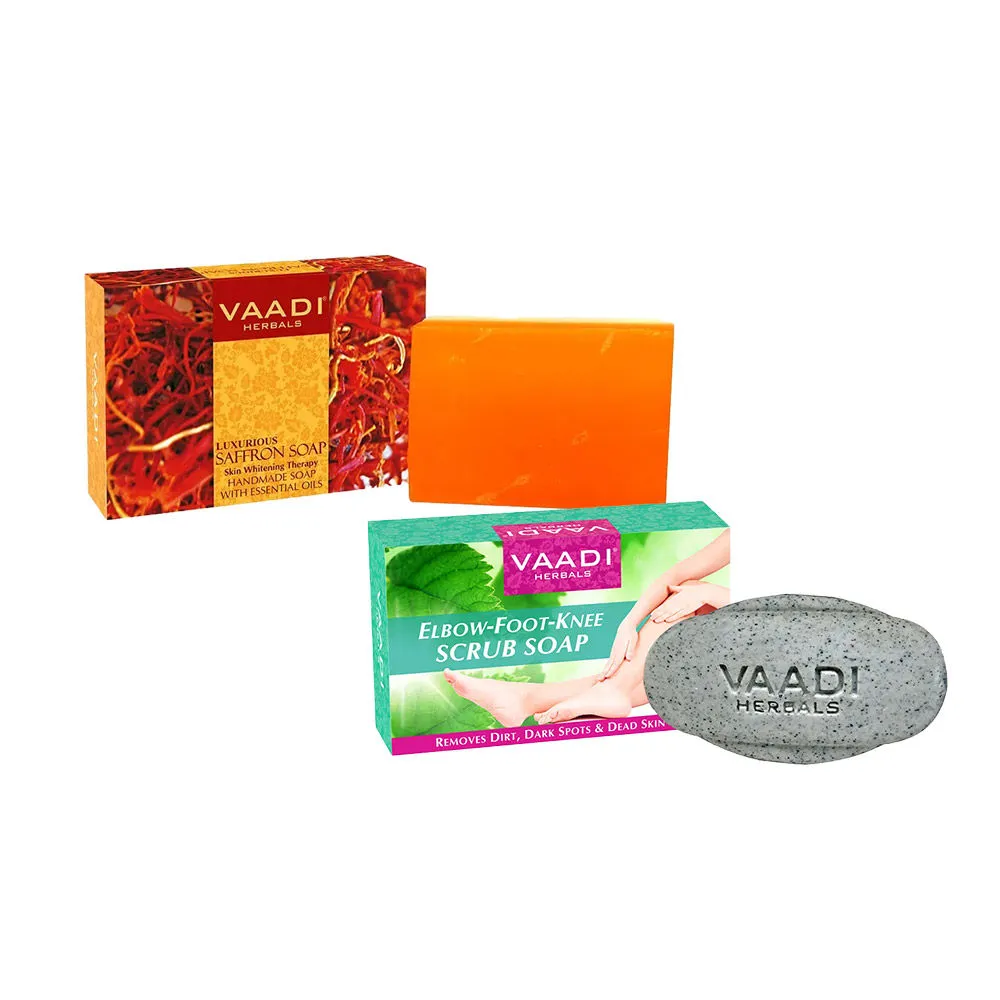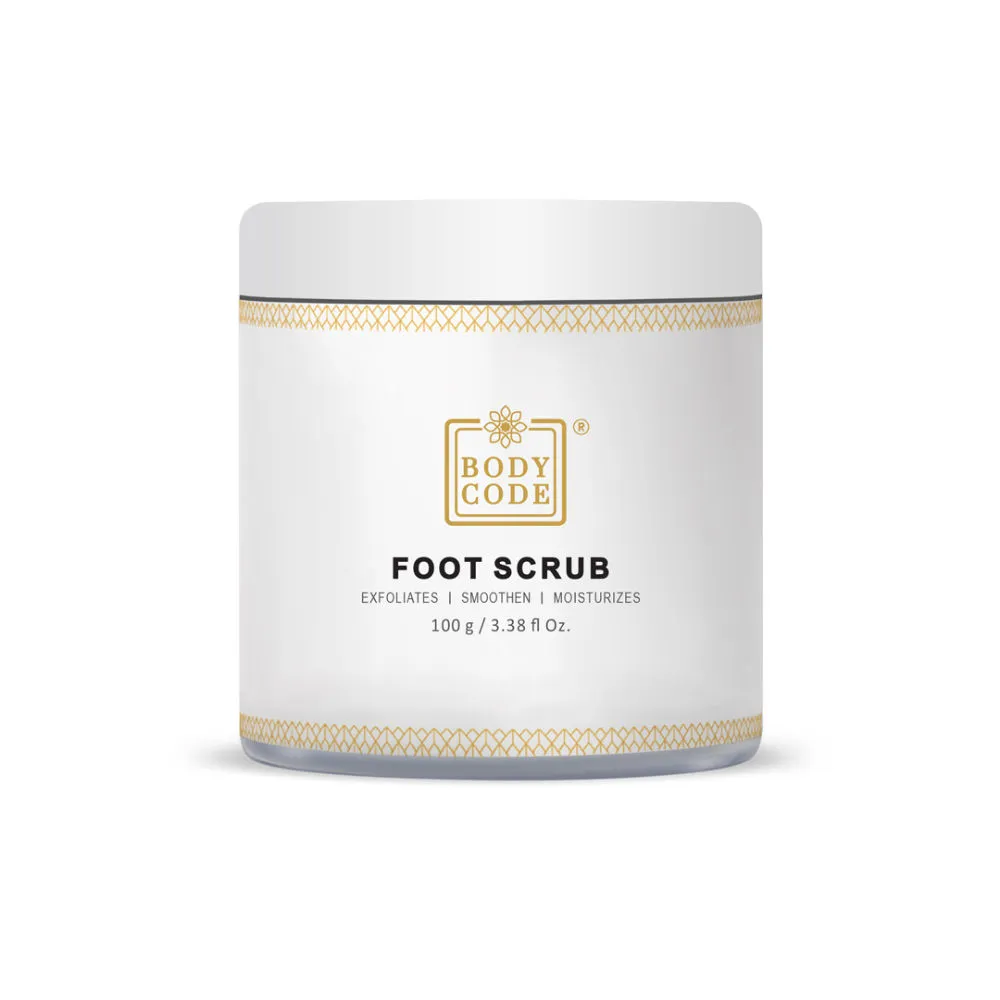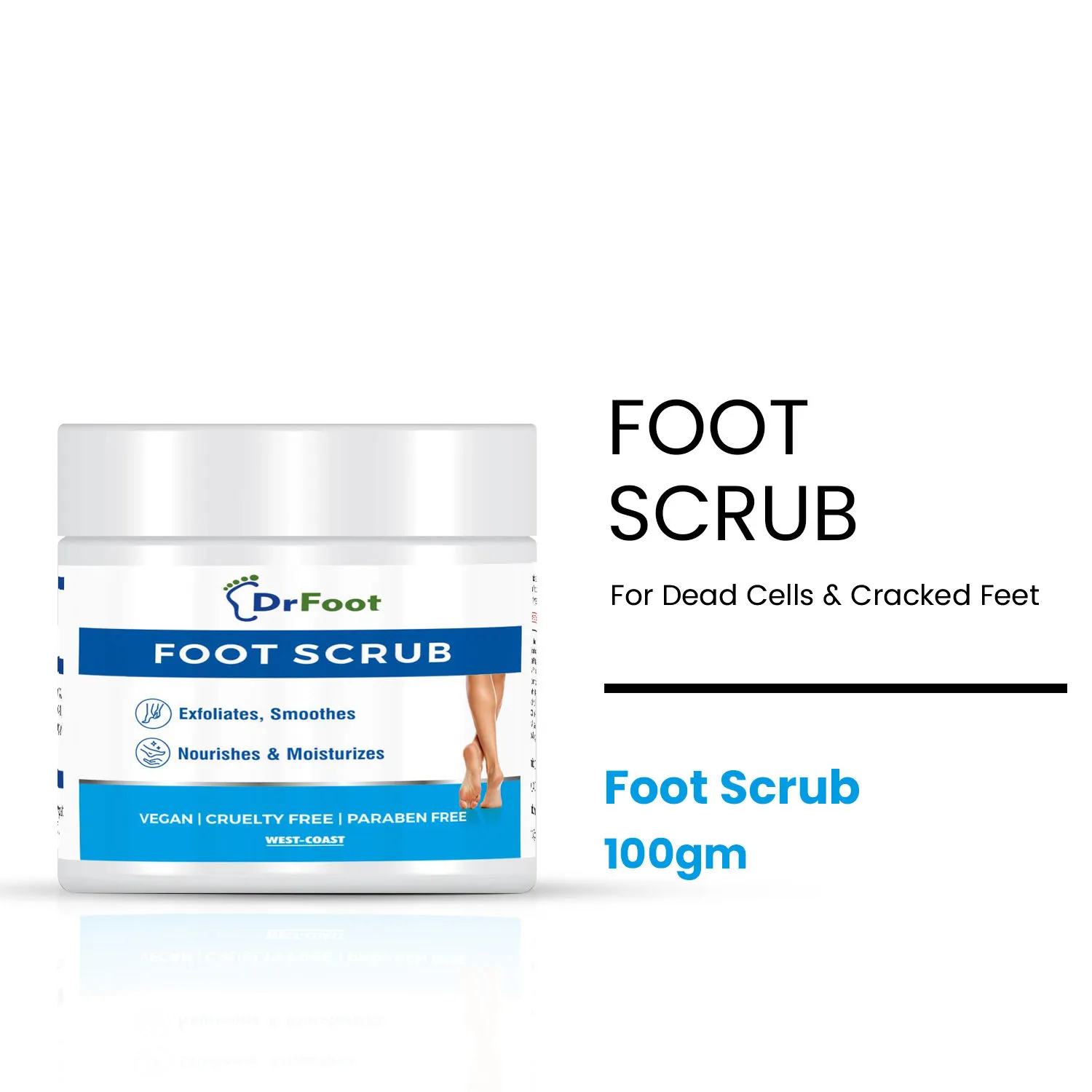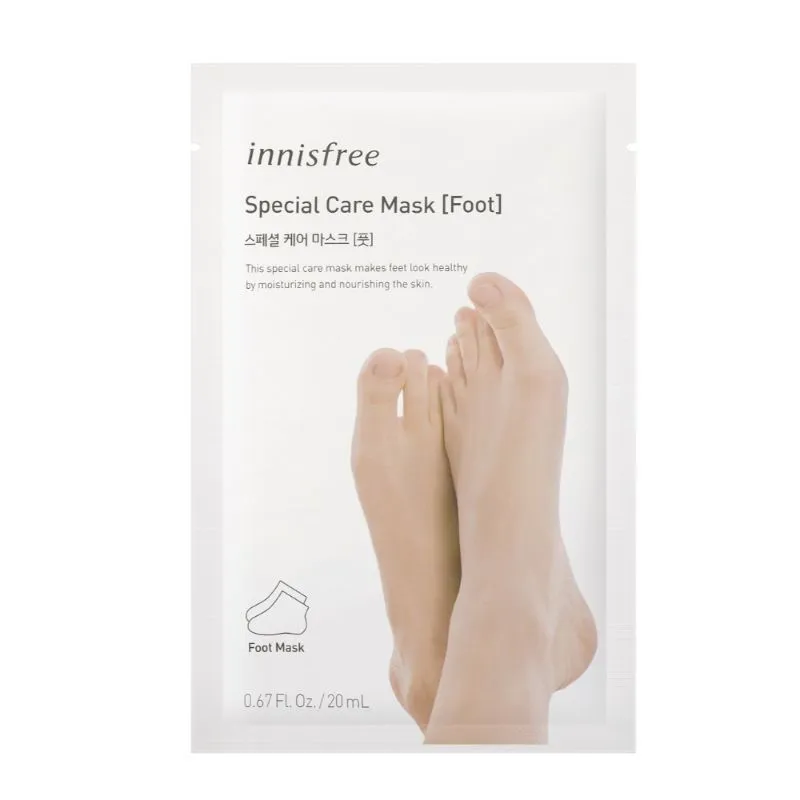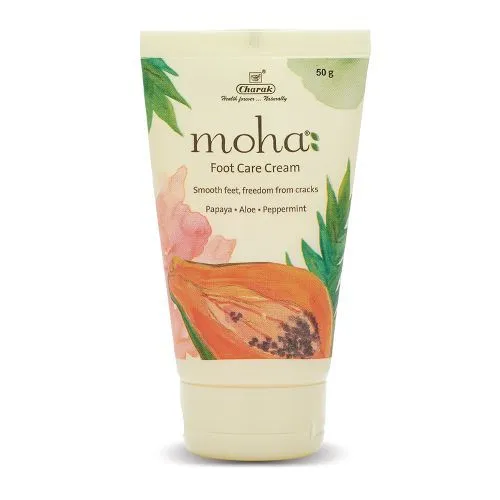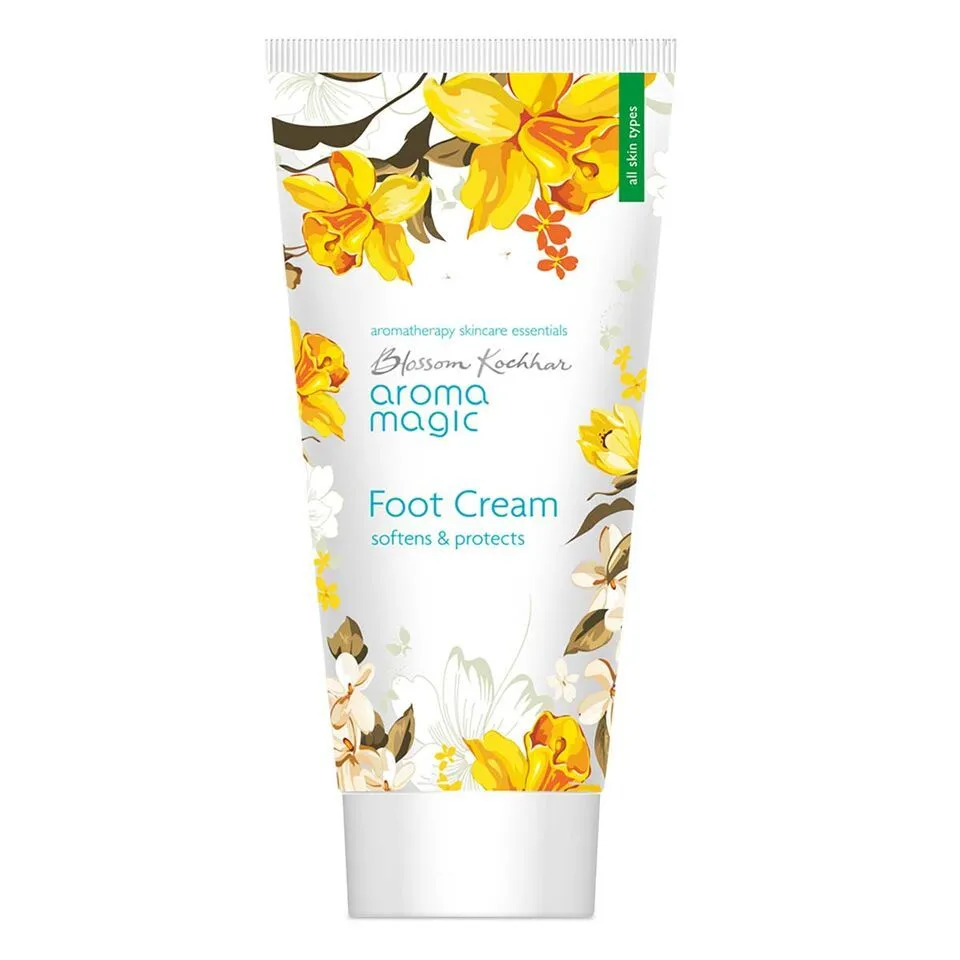Wash Feet & Gently Massage Cream Into Your Skin & Cuticles Properly. Use Daily After Bath.
Why do our feet need extra care ?
The skin all over our body, including that on the feet, is exposed to harmful factors almost every day. However, the feet tend to take a beating worse than any other part. Sun's harmful UV rays tan them and cause free radical damage (leading to wrinkles). Low humidity and winters steal the moisture and result in dryness and cracking. Dust and pollution may block the pores. Sweating may lead to bacterial or fungal infections. Furthermore, our feet are unquestionably more prone to get wounded, cut etc; as well as are susceptible to sores, corns etc. And aging skin loses its ability to repair any of the damage done. To add to this, it is the muscles of our feet that suffer, whether we walk, run or exercise. Thus, our feet demand extra care.
How does Thyme help in foot care ?
The main active constituent of the thyme herb is thymol. It is very popular for its potent anti-septic properties. Its topical application is known to be beneficial in treating rashes, cuts, burns, sores and other skin conditions. Additionally, its anti-fungal property also makes it extremely effective against fungi, which are responsible for toe-nail infections. Thyme exhibits a stimulating action on both, the blood circulation as well as the nervous system; while relieving inflammation as well. This greatly helps in relaxing tired and over-worked feet muscles. Furthermore, the herb's anti-oxidant property keeps the skin elastic; and along with its astringent action keeps it toned.
What is the benefit of Oil for our feet ?
Clove oil is obtained from the clove plant, or Syzygium aromaticum. Its anti-septic property makes it beneficial for a number of skin problems; including leg ulcers, skin sores, cuts, wounds, athlete's foot, nail fungus and some other fungal infections. Furthermore, its analgesic action helps relieve pains; even the ones associated with arthritis and rheumatism. Its benefit is only elevated with its ability to stimulate blood circulation. Presence of Vitamin A grants this oil anti-oxidant property. It helps in maintaining the skin's elasticity and firmness; keeps it supple; and promotes the growth of new cells. And Vitamin C content in it helps reduce the appearance of scars and blemishes; while lightening the skin tone.
What role does Sandalwood Oil play in this formulation ?
Sandalwood oil, obtained from Santalum album, is a natural emollient, i.e. it helps skin in keeping hydrated and thus supple. It is also astringent in nature, thus it works at contracting the pores and keeping the skin firm; helping in reduction of fine lines. As such, it is suitable for both oily, as well as dry skin. Its anti inflammatory and anti irritant action also makes it beneficial for sensitive skin; while its anti-septic properties help treat minor infections. This essential oil also prevents formation of ugly scars; as well as helps in fading away of scars and spots. It even heals damaged skin, including cracked heels. Also known for its sedative, soothing and cooling properties it greatly helps relax tired feet.
How do the feet benefit from Cocoa Butter ?
Cocoa butter is a fat extracted from cocoa beans, and is also known as theobroma oil. An excellent natural emollient, it helps prevent and treat dry, itchy skin; including drying and cracking of heels. It is semi-occlusive; i.e. it protects the skin from environmental factors by forming a thin barrier; while sealing the moisture in and yet allowing the skin to breathe. It happens to be a rich source of Vitamin E; which renders cocoa butter a potent anti-oxidant too. It prevents formation of fine lines; by maintaining the elasticity and firmness of the skin. It also increases the cellular turnover rate; which promotes skin repair including the damaged heel tissues.
What properties of Jojoba Oil make it a good foot care agent ?
Jojoba (pronounced ho-ho-bah) makes for an excellent moisturizer for the skin. Firstly it very closely resembles our body's natural oil. Secondly, it is not really oil, but rather a liquid wax, thus does not make the skin greasy or block pores (non-comedogenic). Thirdly, its emollient property greatly reduces the water loss from the skin's surface, while allowing the skin to breathe. Produced in the seed of jojoba (Simmondsia chinensis) plant; it also exhibits anti-bacterial property that helps keep the pores clean, while treating minor skin infections. Also anti-oxidant in nature, due to the presence of tacopherols, jojoba oil maintains the elasticity and firmness of the skin; thus minimizing fine lines.

